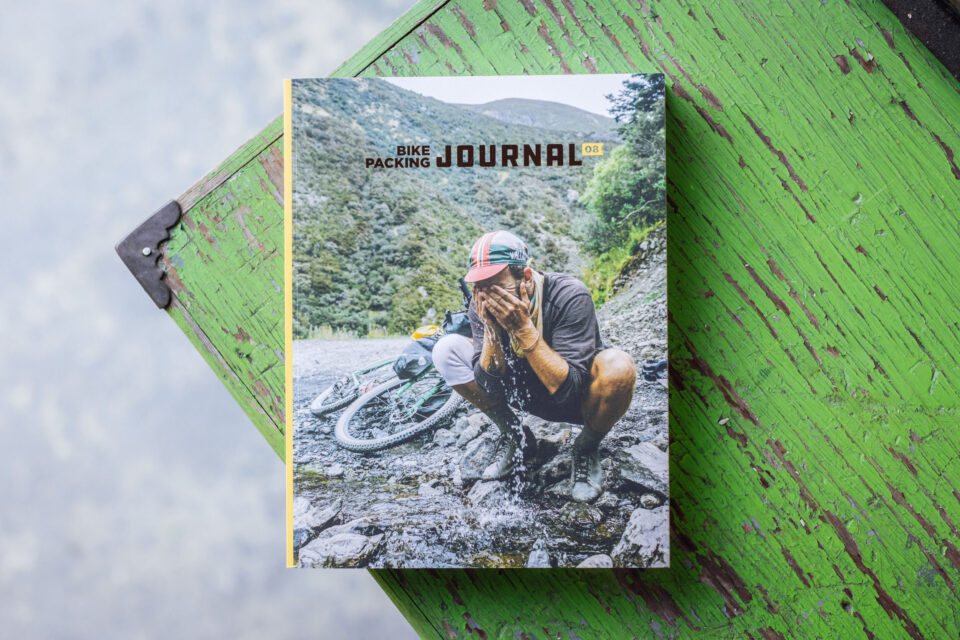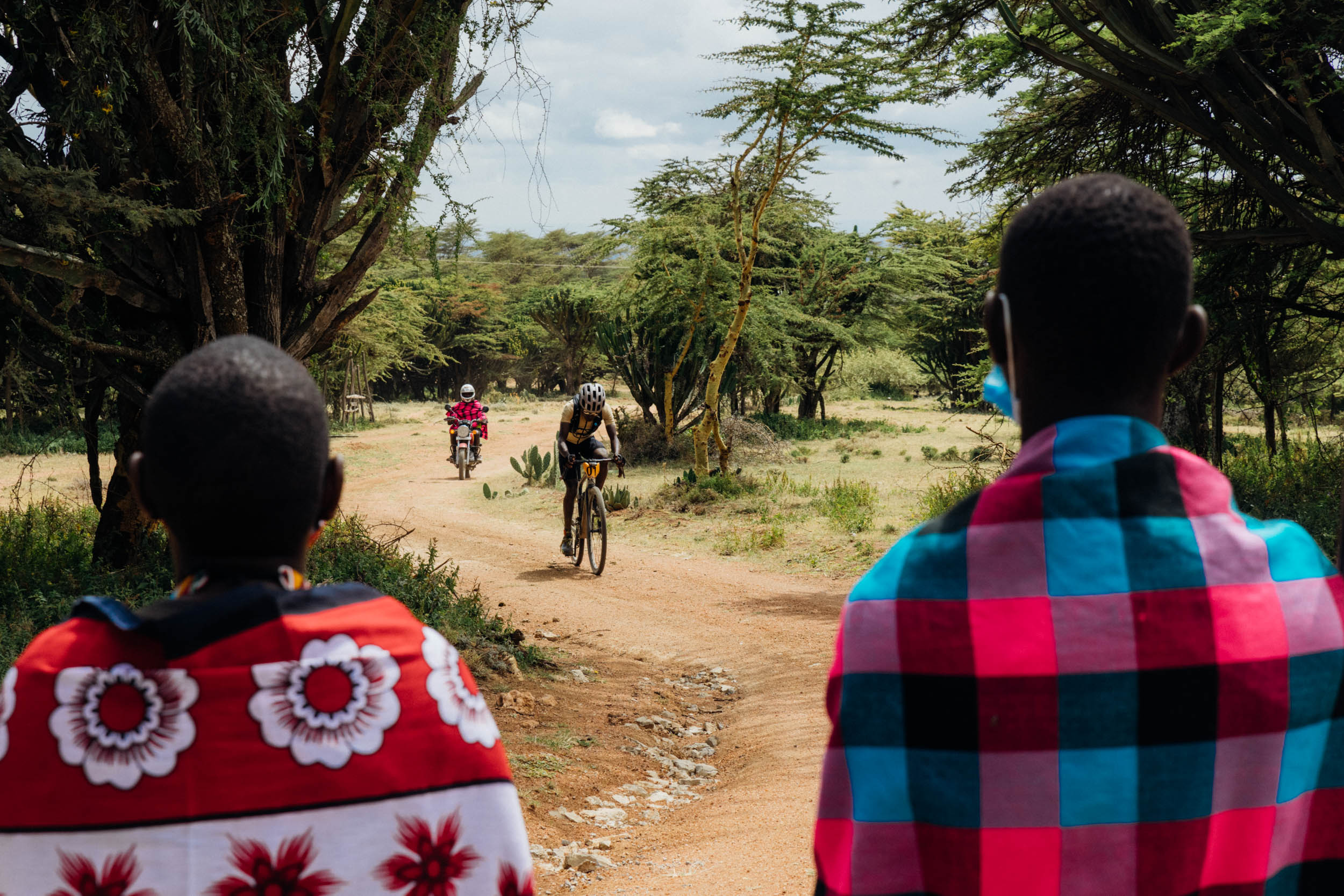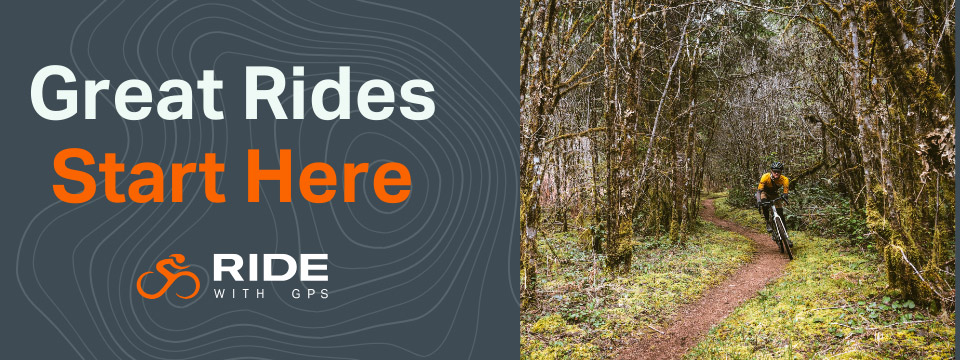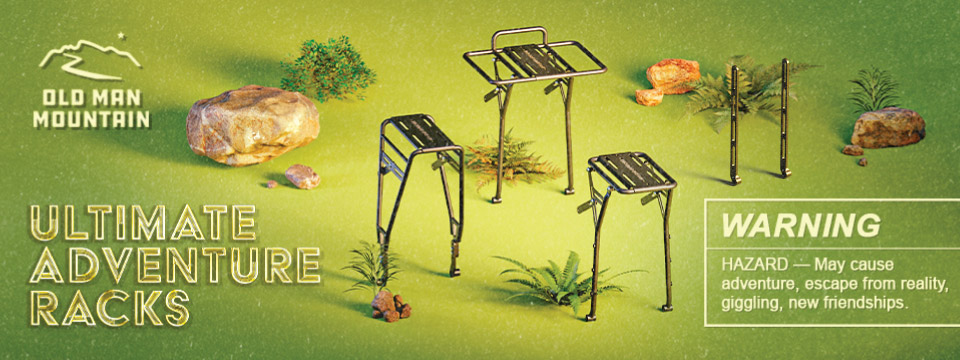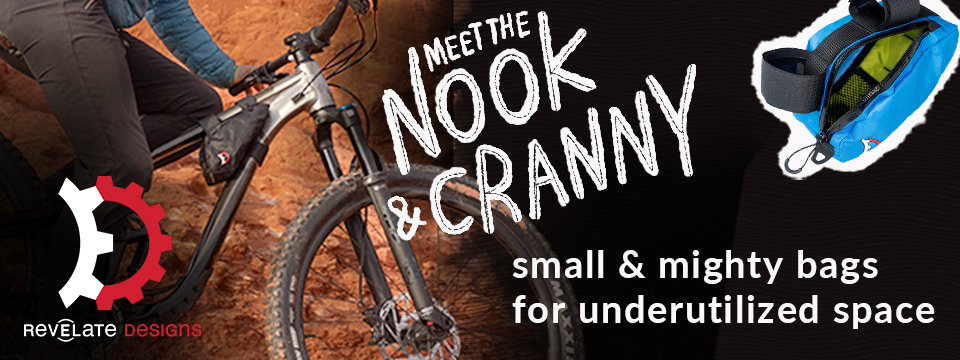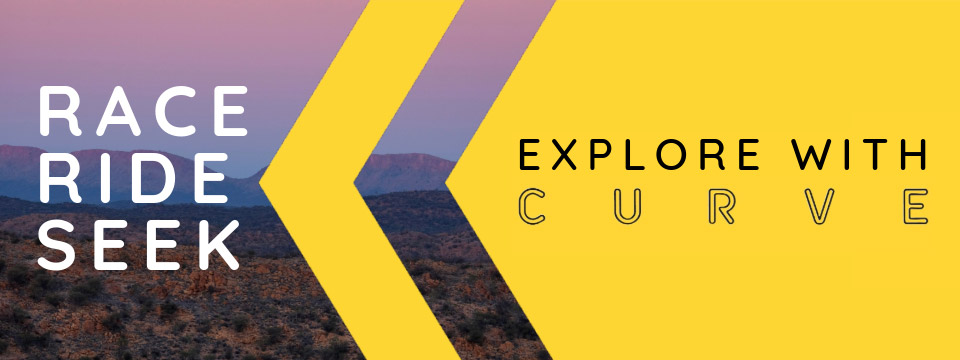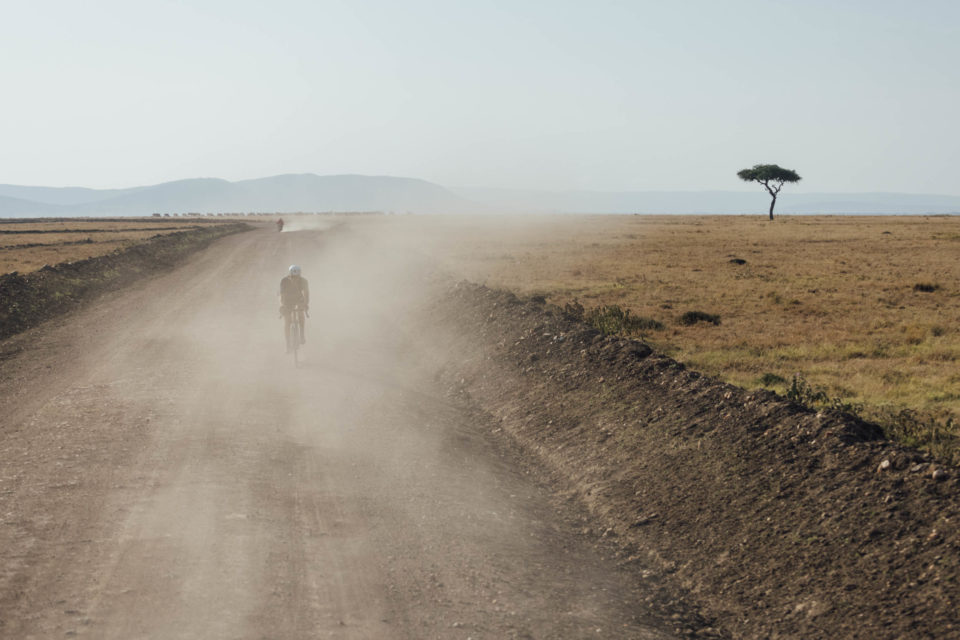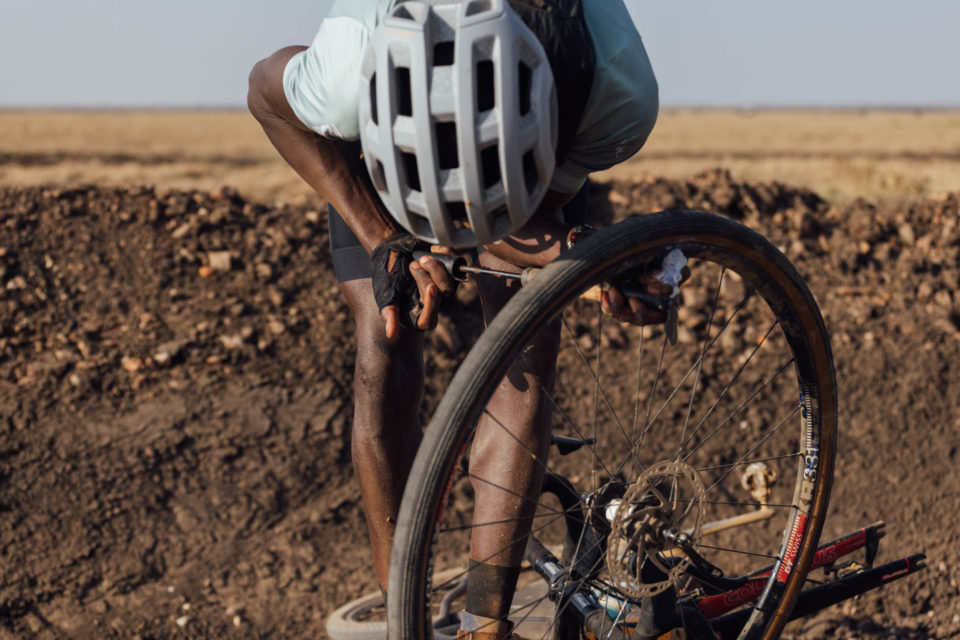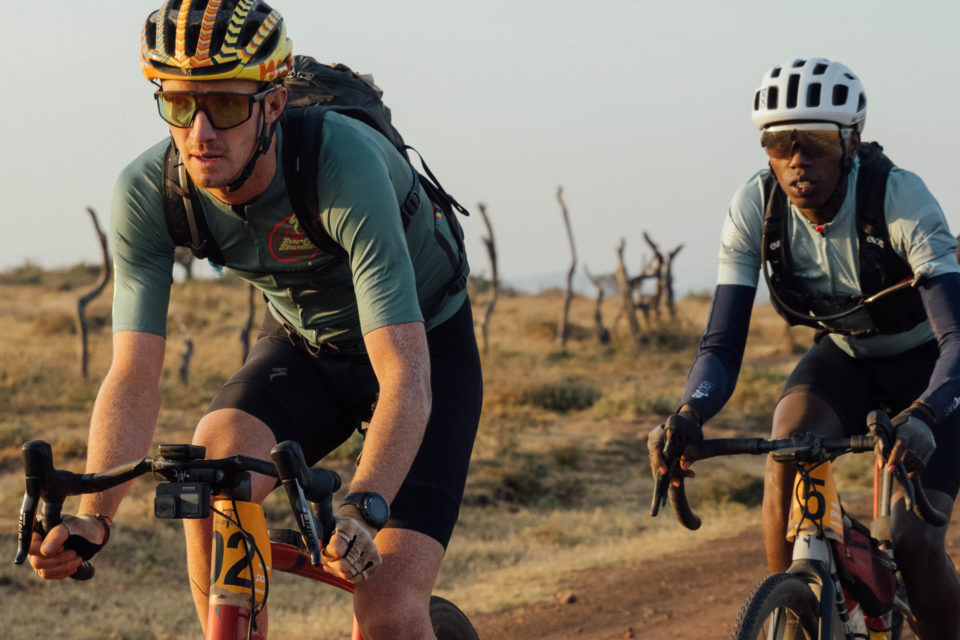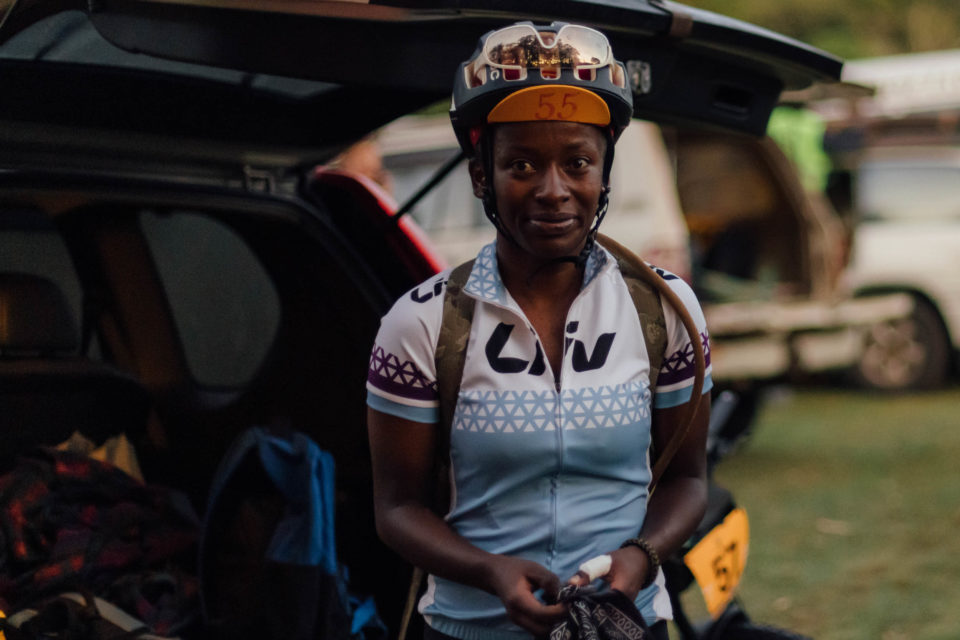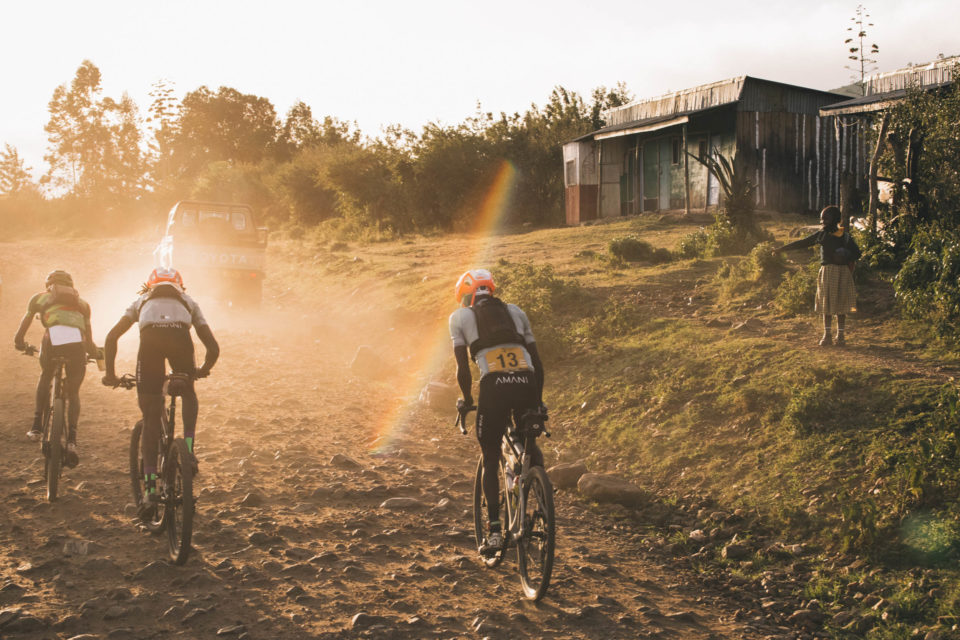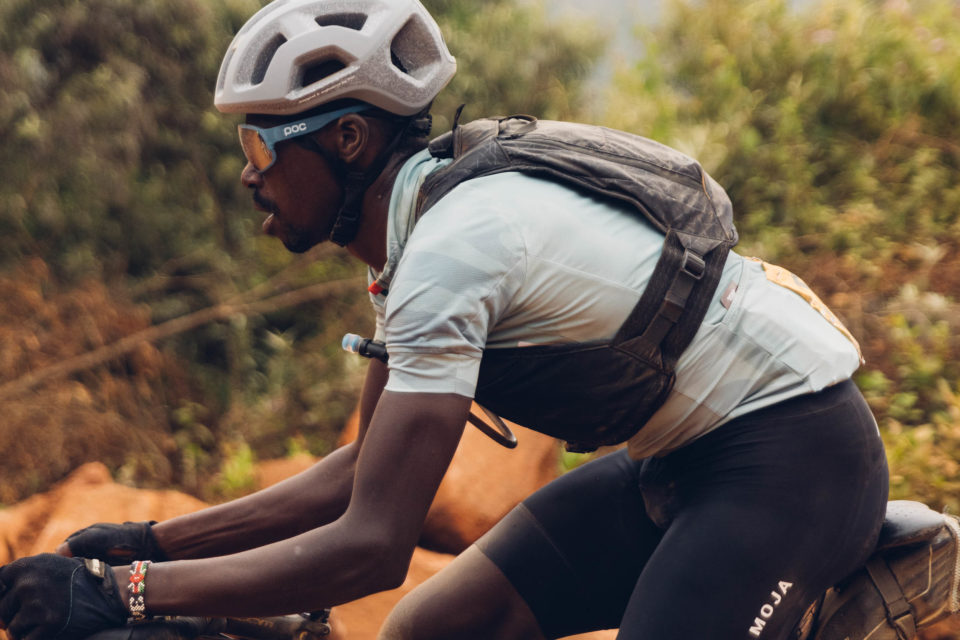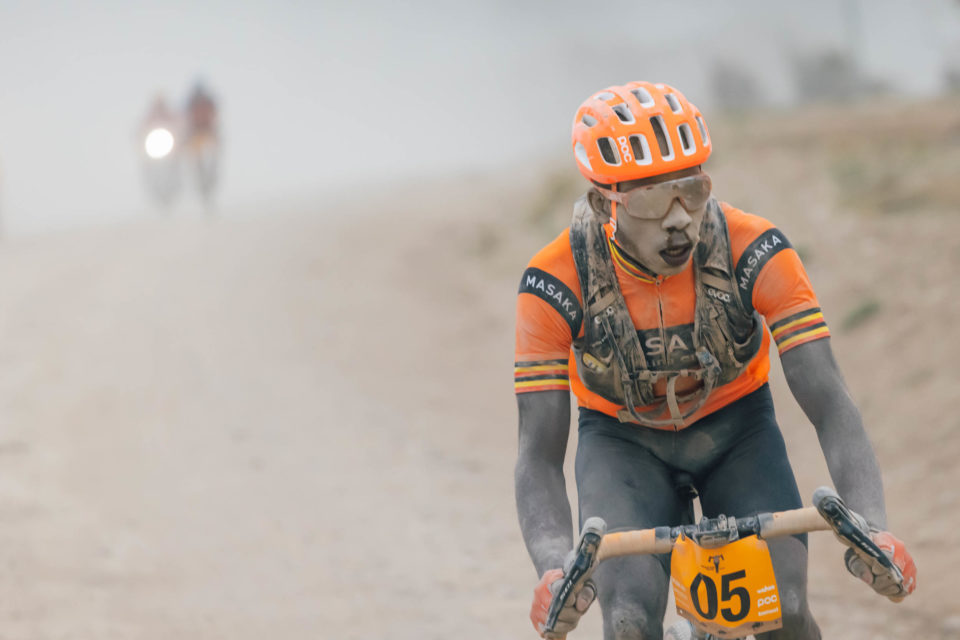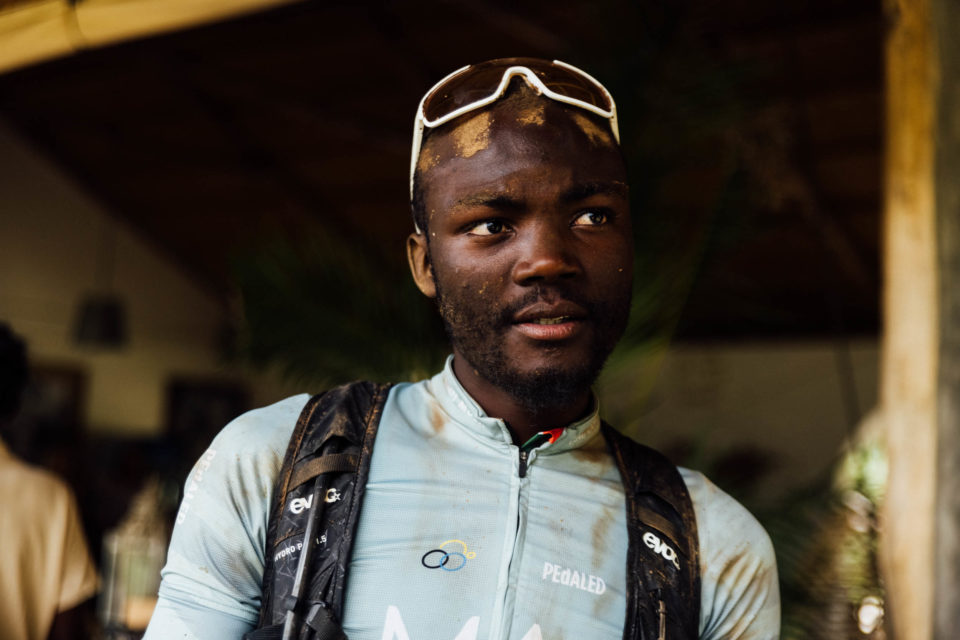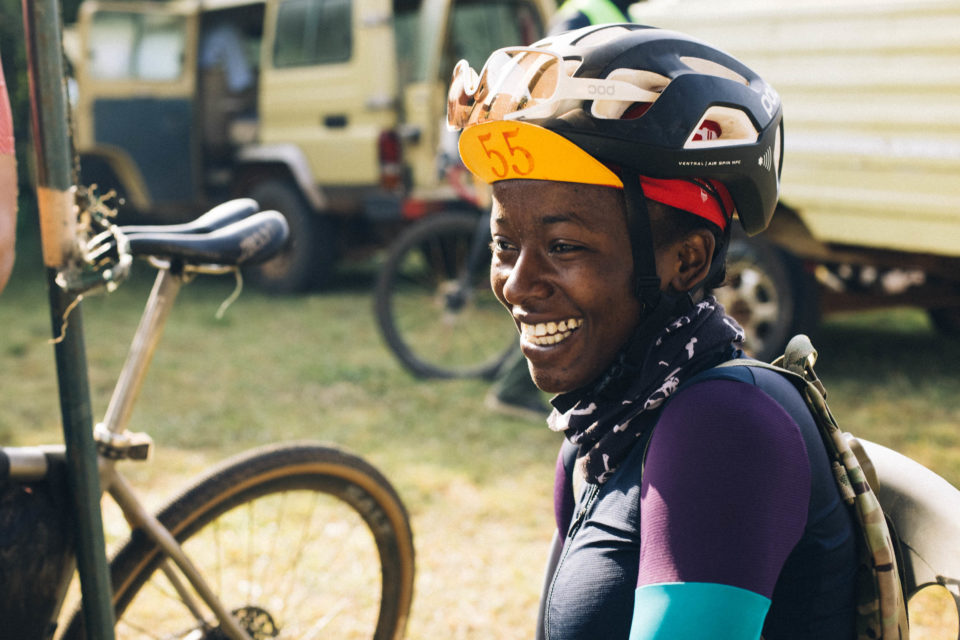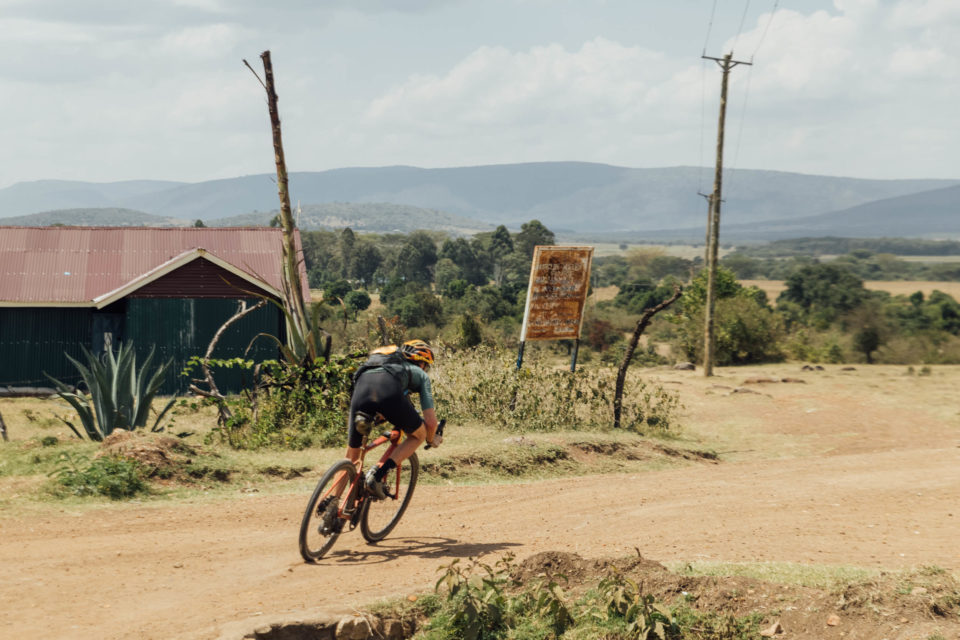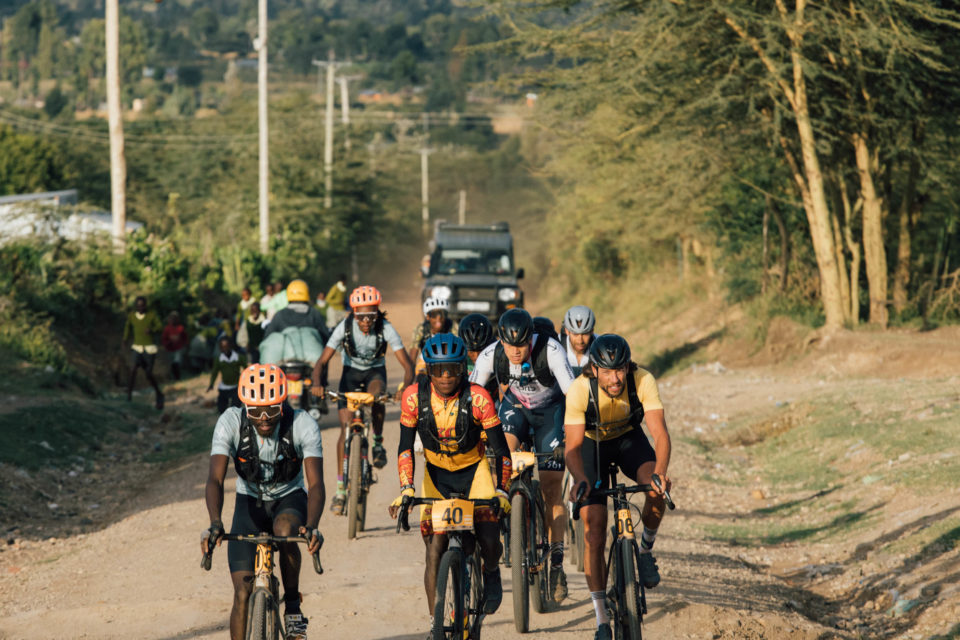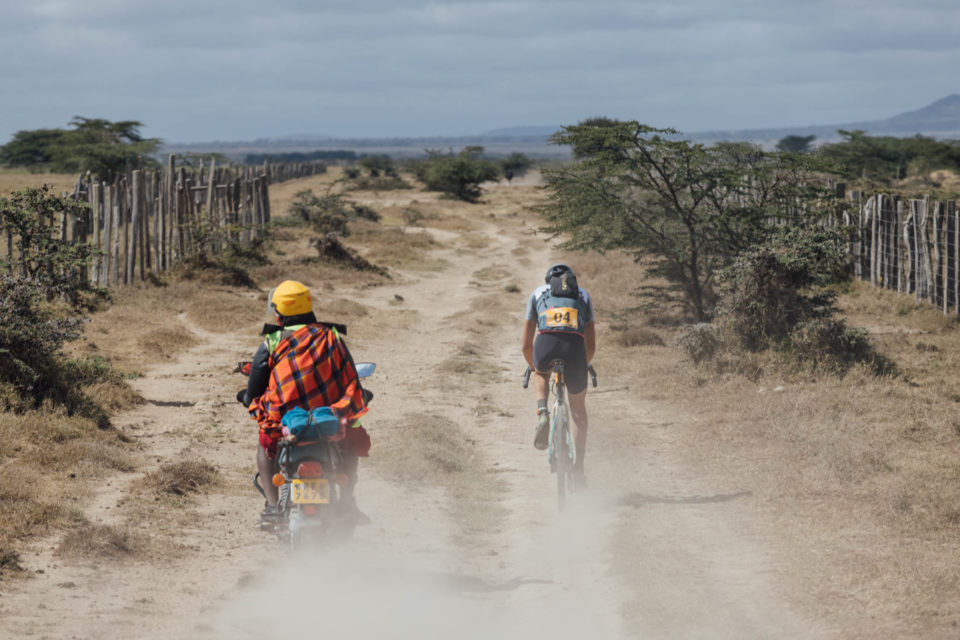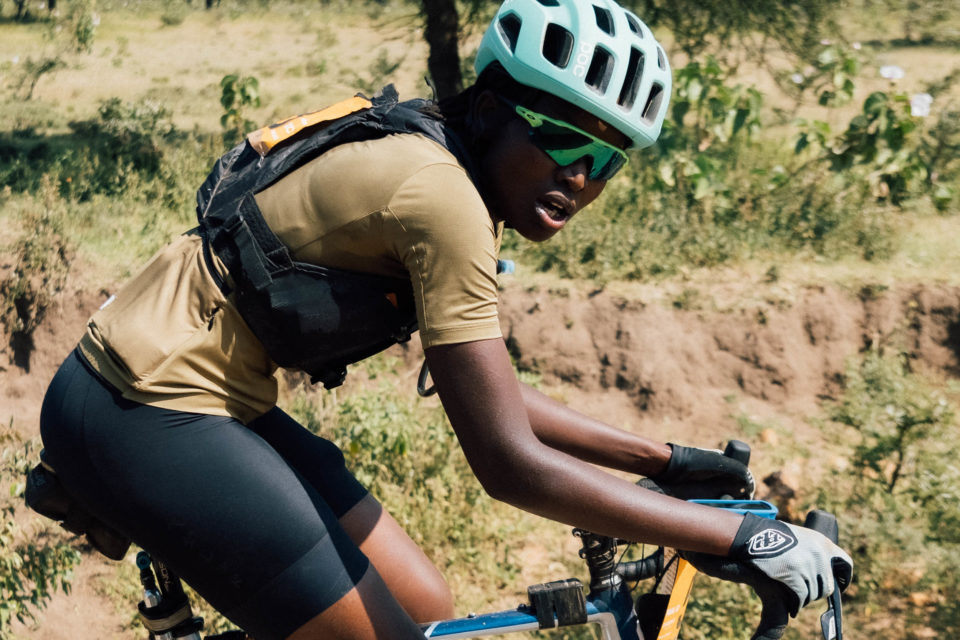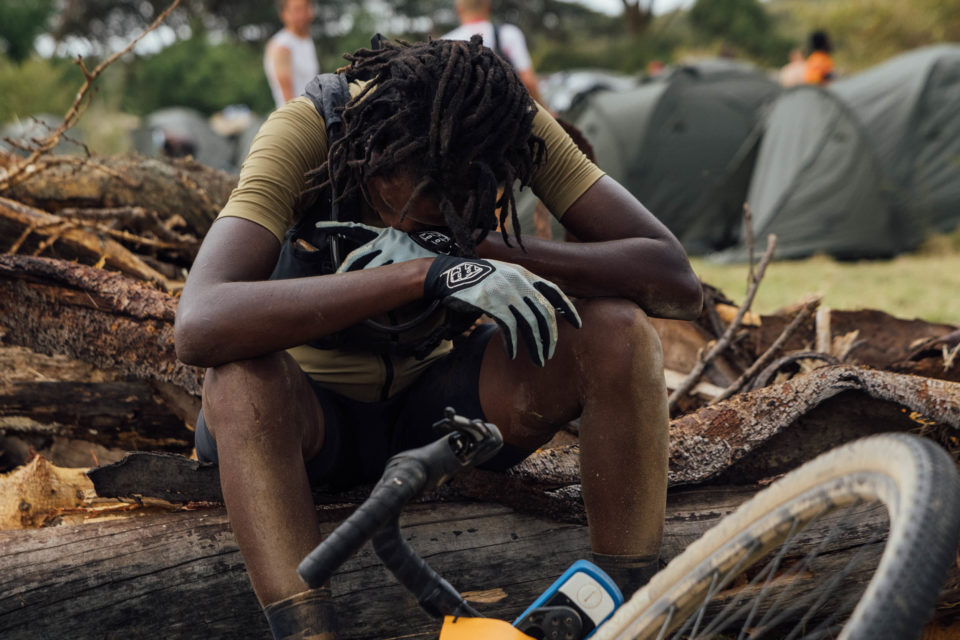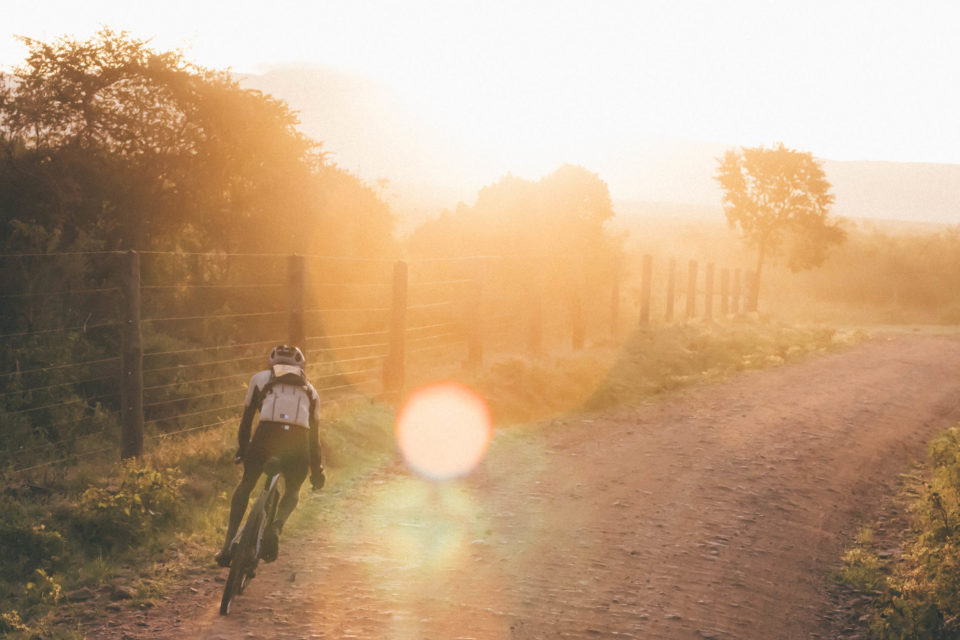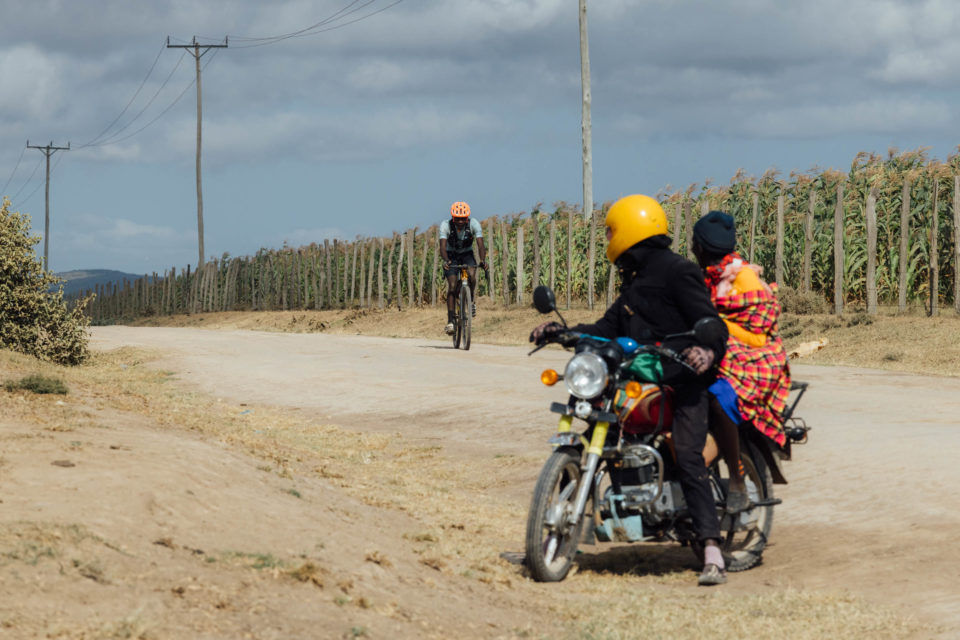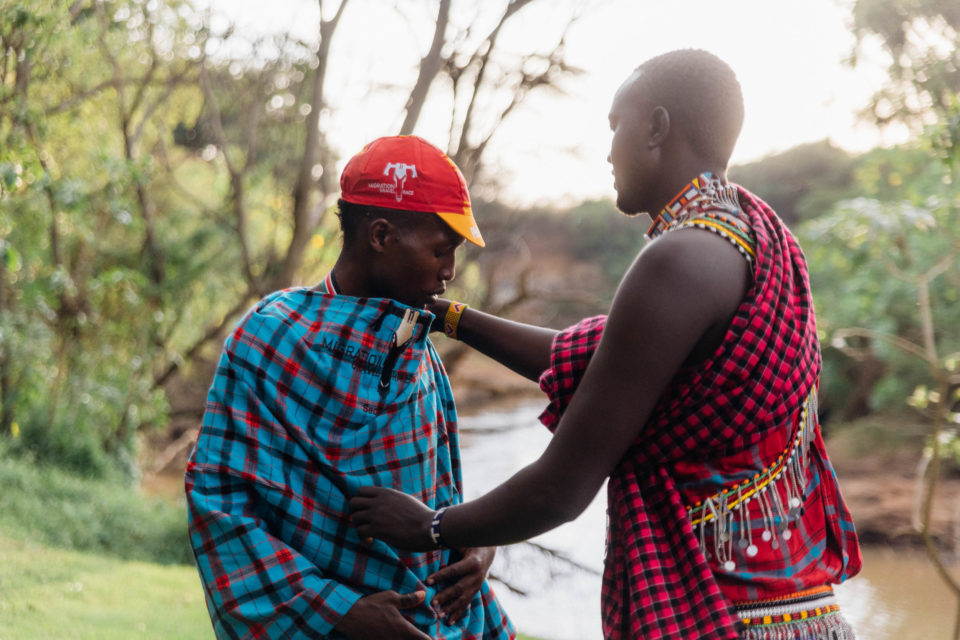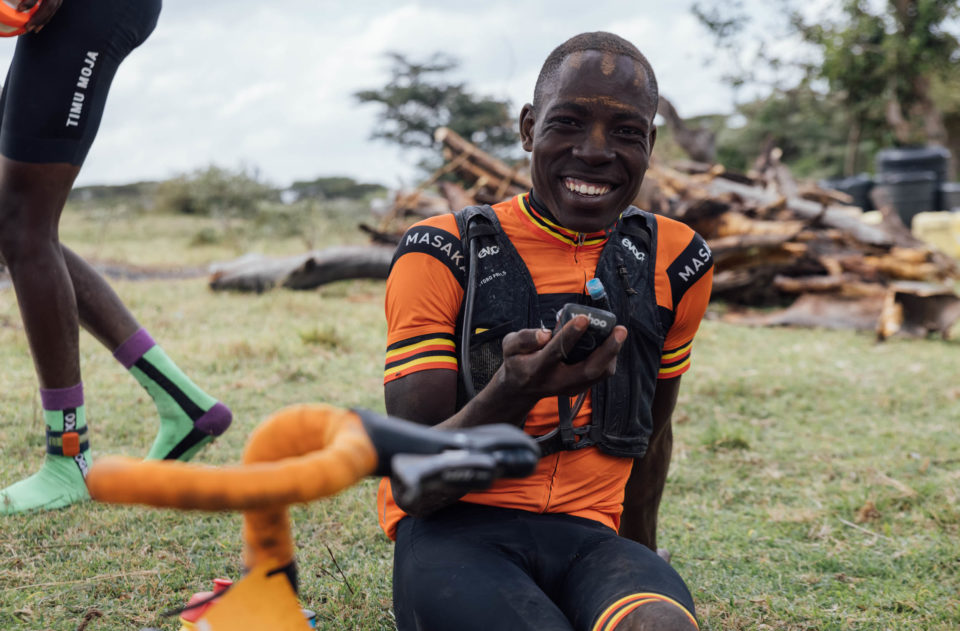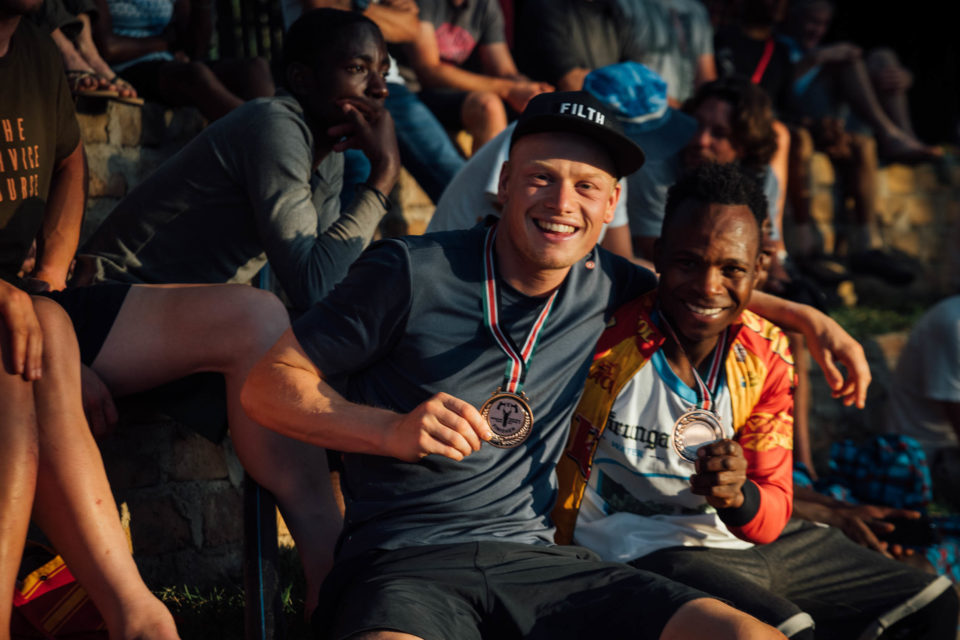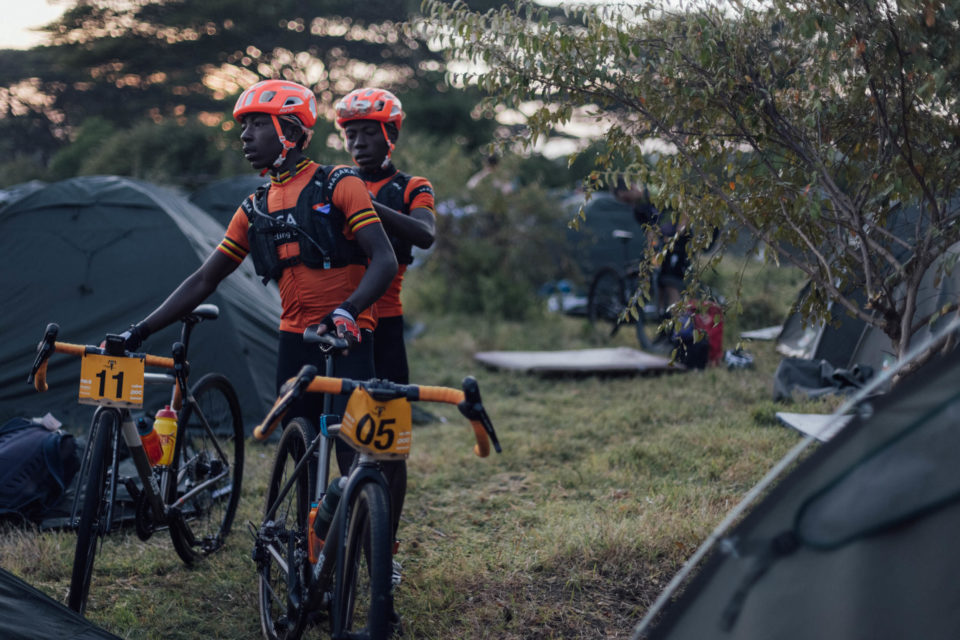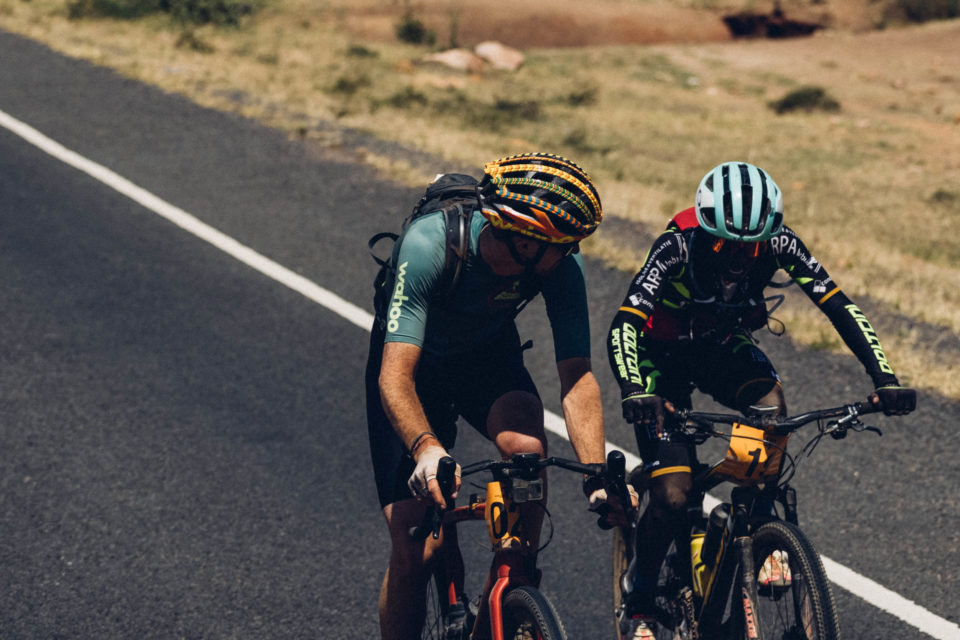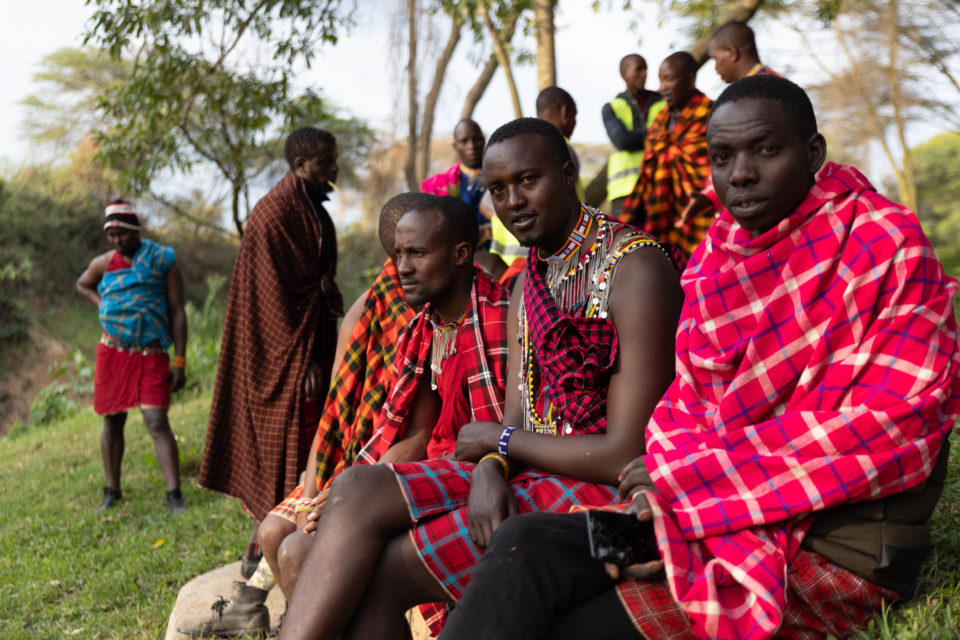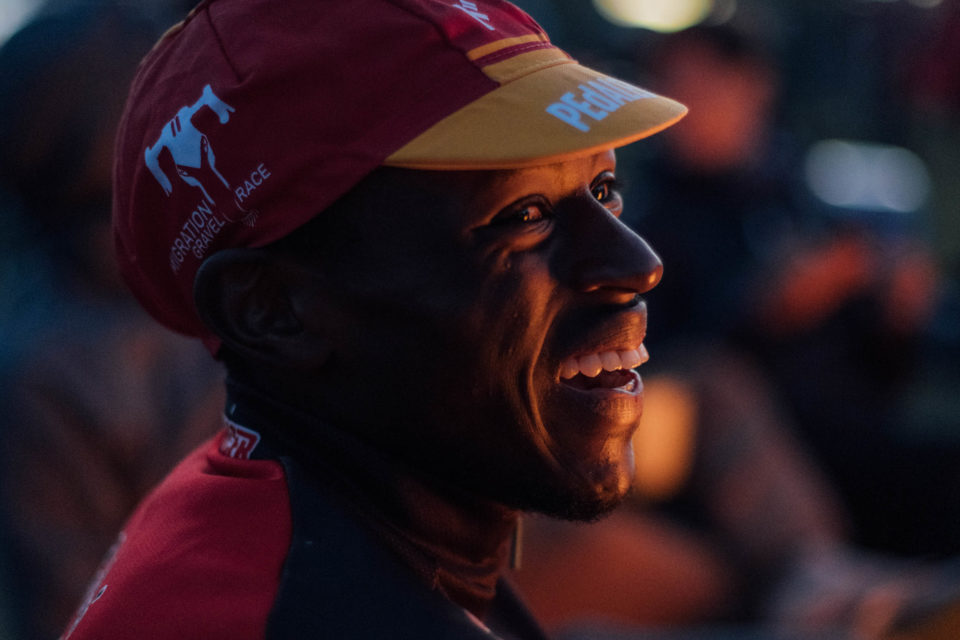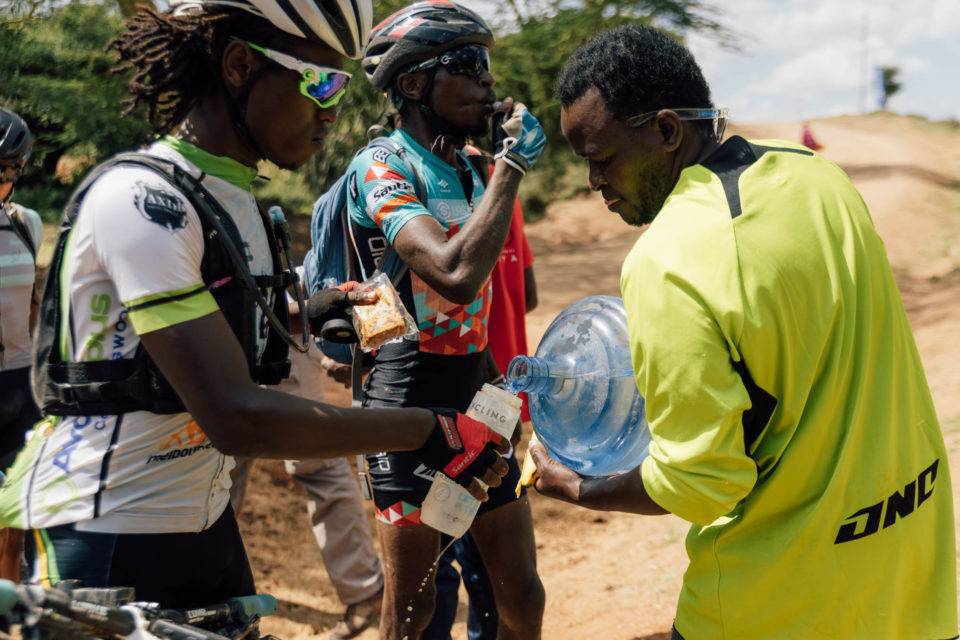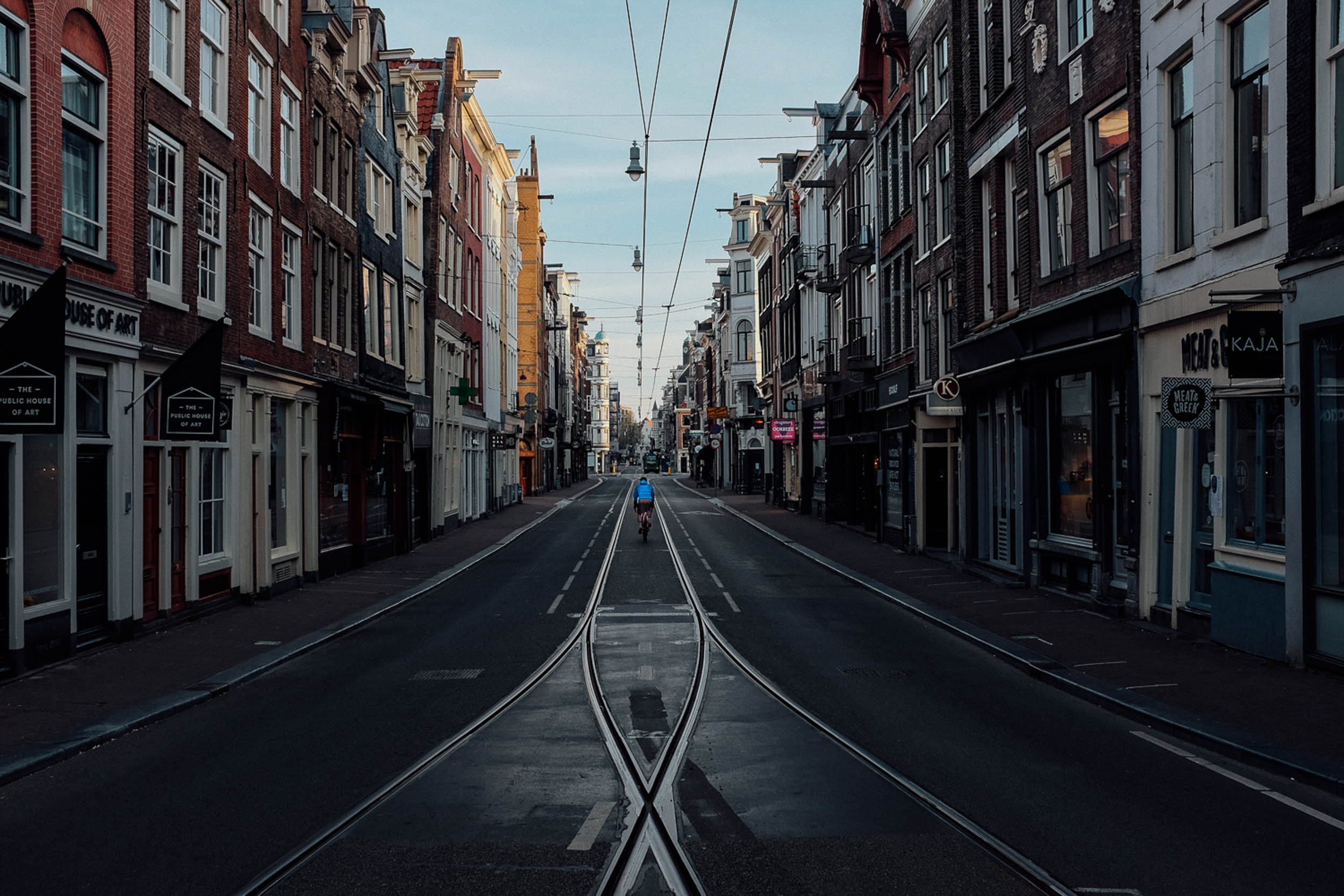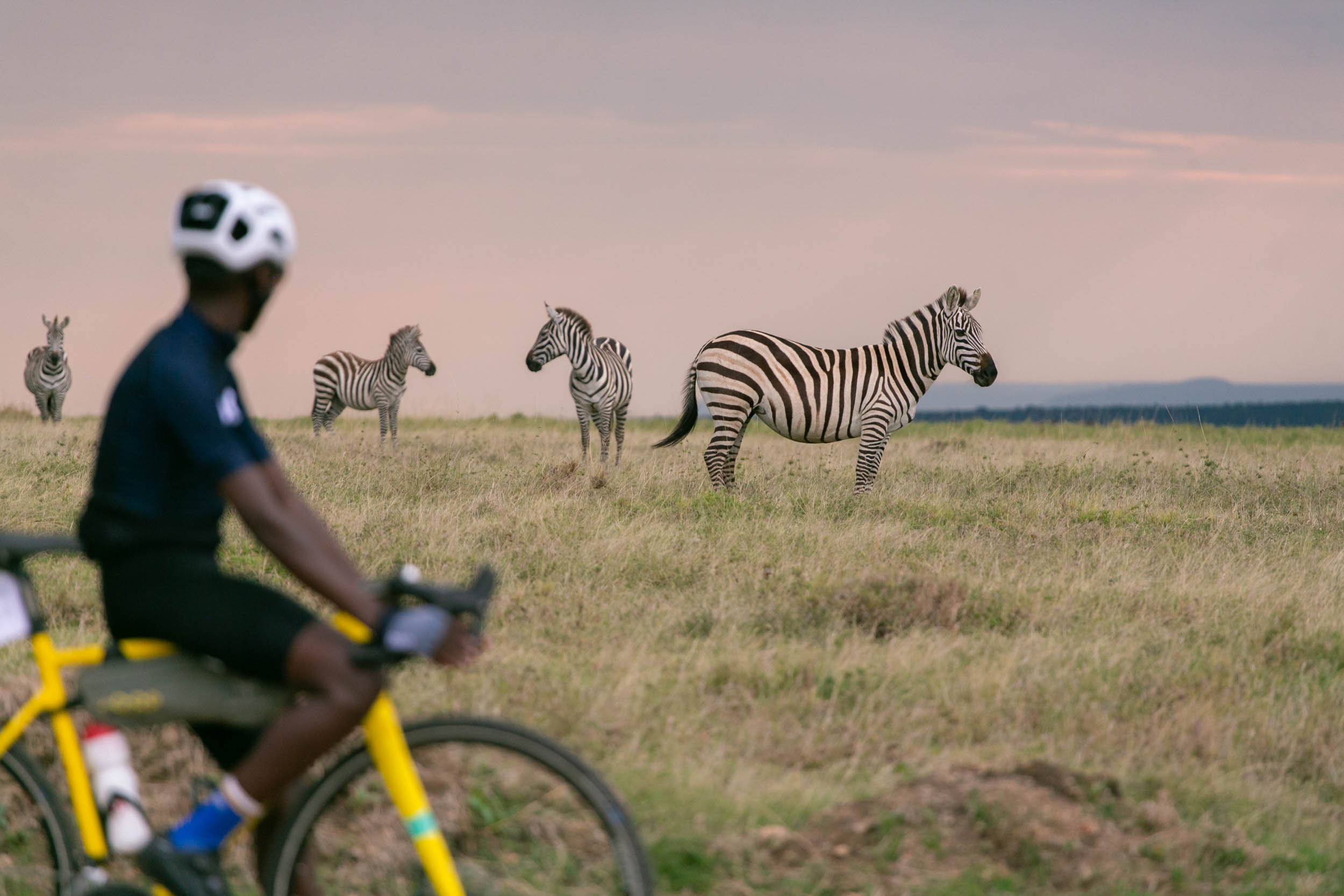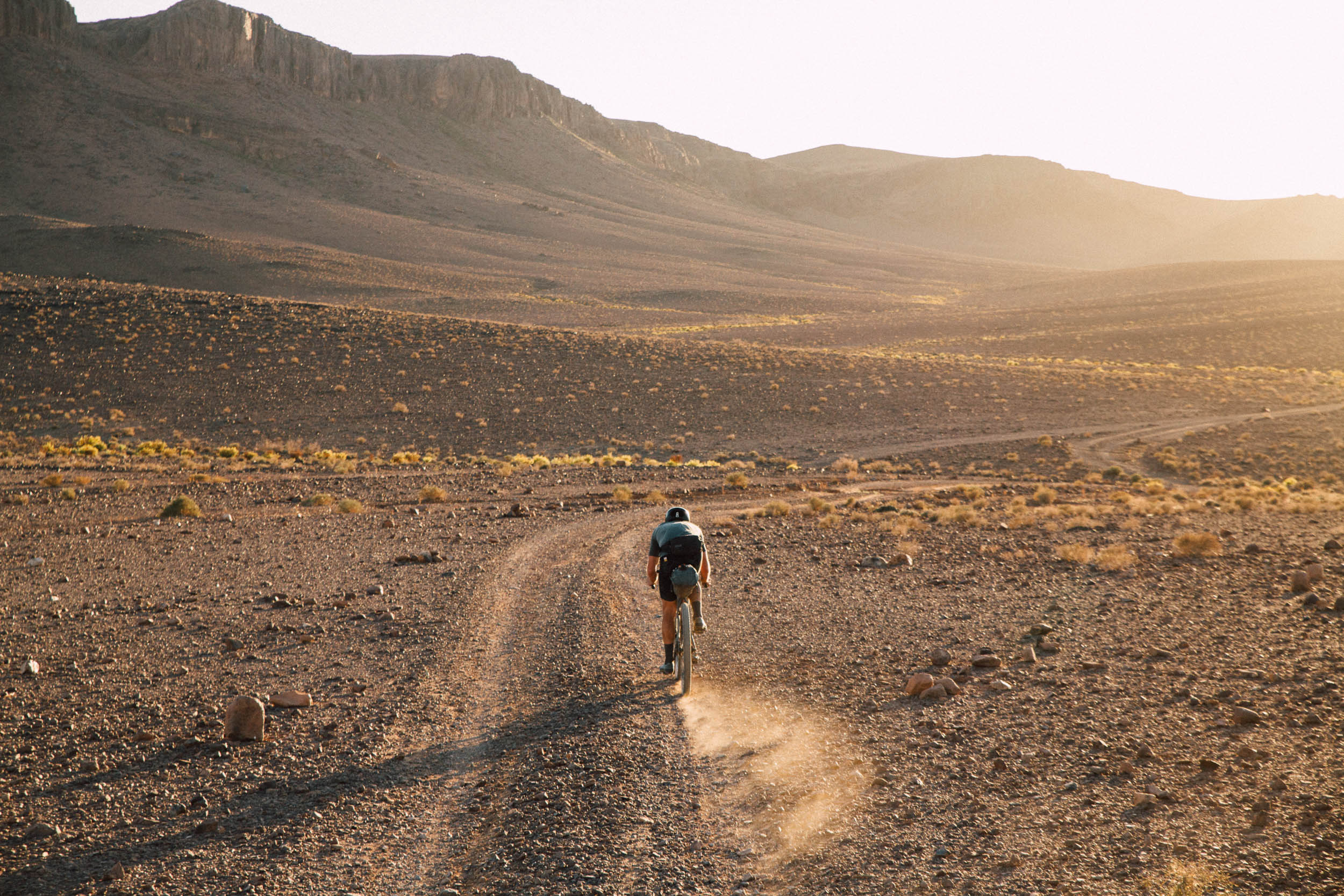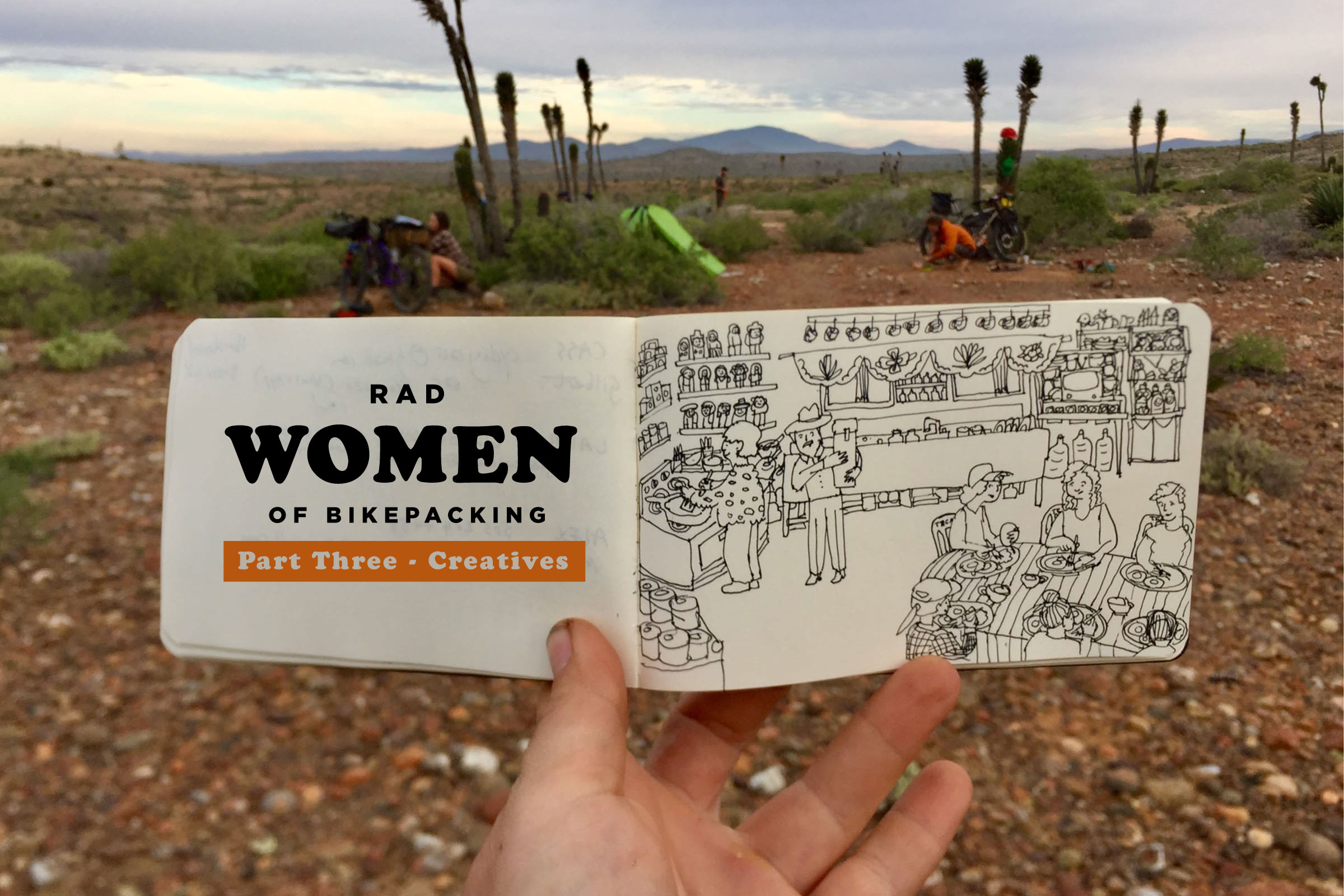Six Perspectives on the 2021 Migration Gravel Race in Kenya
Share This
The inaugural edition of the Migration Gravel Race took place in Kenya last month, and photographer Lian van Leeuwen was there to document the event. After the race, she caught up with six notable participants to find out what made their experience unique. Find out what they had to say here, along with a gallery of beautiful images from East Africa…
Introduction and photos by Lian Van Leeuwen (@saltlake_lian)
Three weeks ago, 61 riders set off for the inaugural edition of the Migration Gravel Race (@migrationgravelrace), a 650-kilometre stage race through the wilds of the spectacular Maasai Mara in Kenya. Born out of the challenges East African cyclists face to be able to compete on a global level, this unprecedented four-day stage race not only attracted former World Tour pros Ian Boswell and Laurens ten Dam, but it also brought out the best in East African cycling—with the advantage of racing their home turf for a change. Following the event, I asked six riders to share their thoughts on what makes the Migration Gravel Race unique among the growing number of gravel races around the world. Find their responses below:
Sule Kangangi
Pro Cyclist / Amani Coordinator
Kenya
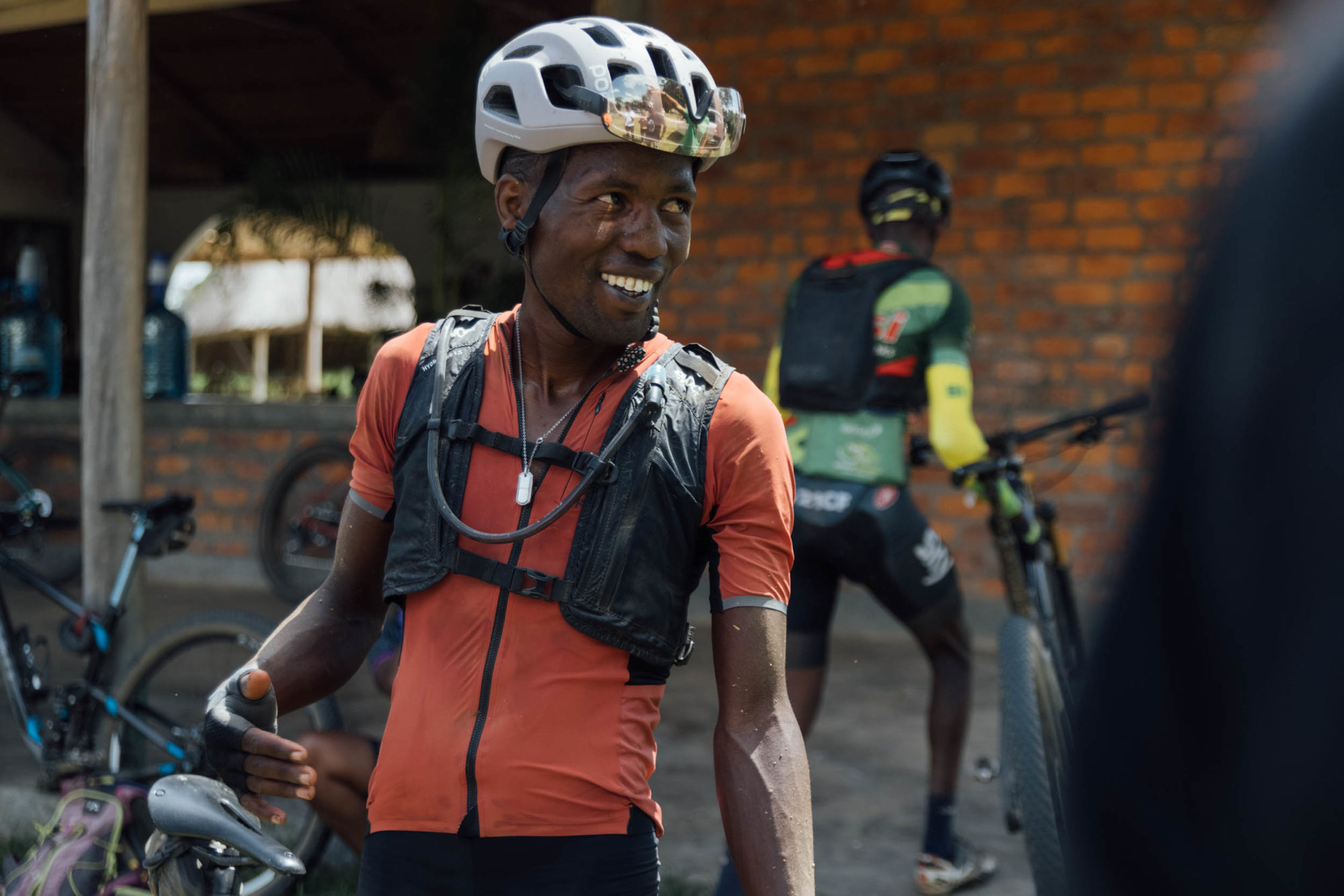
The biggest achievement for me is the fact that we made this race happen. I remember looking around on the day before the start of the race, seeing all these strong riders from different countries, and thinking to myself: Everything after this moment is a bonus. Just getting the best of gravel racing to Kenya, during what is still a global pandemic, is amazing in itself.
Racing with top-level riders such as Ian Boswell, Laurens Ten Dam, and Thomas Dekker was very special. Day 1 started horribly for me, the first 20 kilometres were not ideal. Almost everyone was getting punctures. I got one early on, but I managed to fix it quite fast, and I was able to start chasing again, getting myself back to the front. Something like that gives you the motivation to keep on pushing.
What we hope to do with the AMANI project and the Migration Gravel Race (MGR), is to create more race opportunities for East African cyclists and give them an international podium. But that doesn’t have to be through the known route of road cycling. I think this race has already changed quite a lot in the perception of cycling here. People are seeing that you can ride your bike and get to the top, but in a different way.
It was great to see how thrilled everyone was to be in the race with World Tour cyclists, and to be able to compete with them. You gain so much knowledge from that. There is a lot of talent in East Africa, young strong boys and girls, but if no one reaches out to them, they stop or choose running over cycling. Cycling is not an easy path, but its status has grown through this race, and I’ll continue doing my best to play a role in growing it even further.
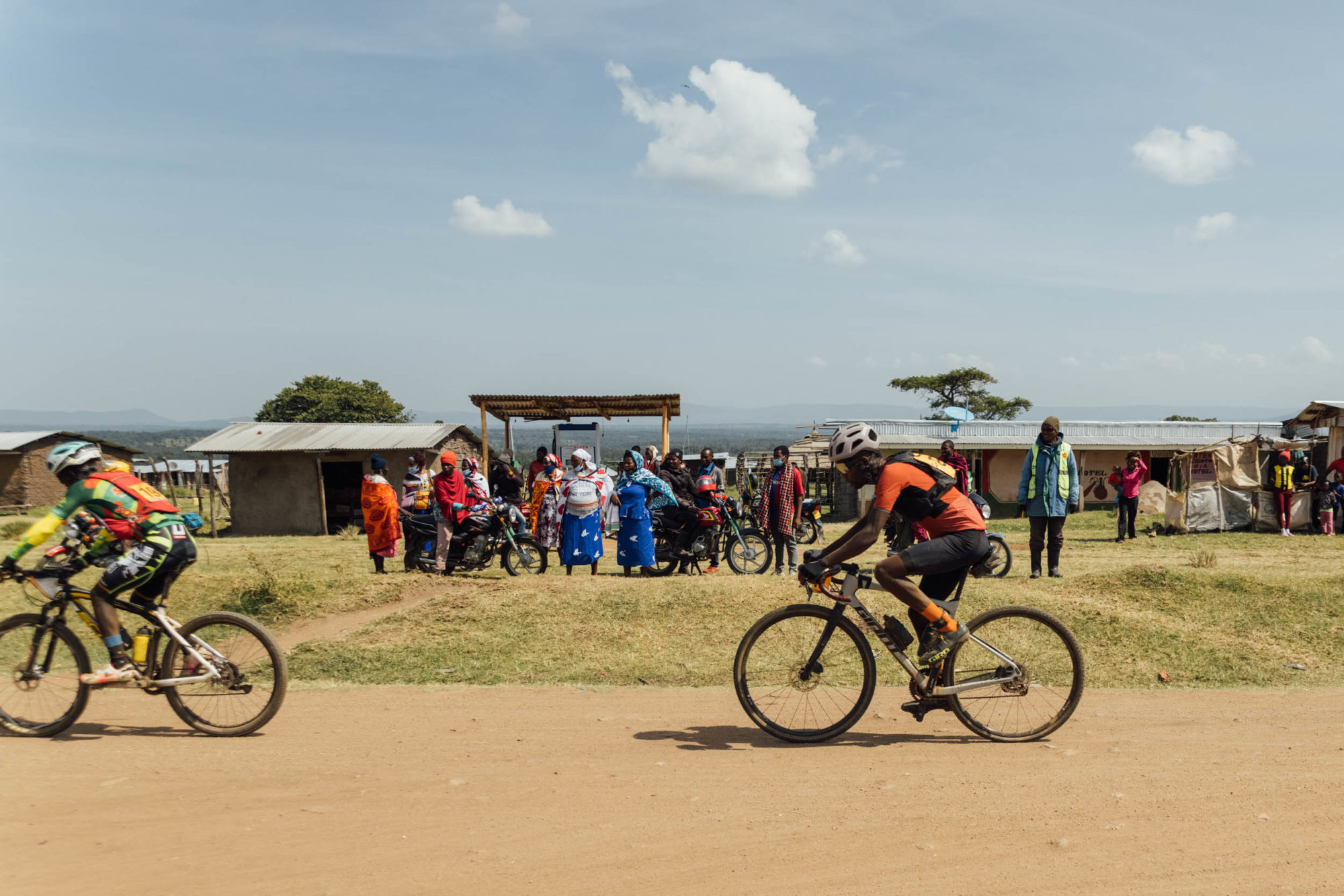
Geoffrey Langat
Pro Cyclist, Kenyan Riders
Kenya
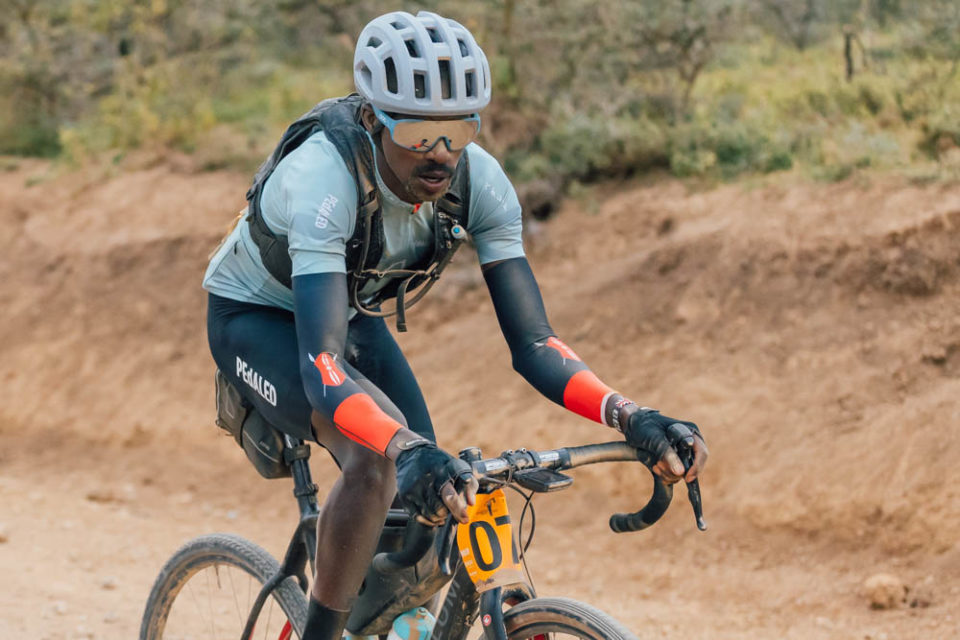
This race meant a lot to me. It had been about three years since I had a continental team to ride for (BikeAid, Kenyan Riders Downunder) and the pandemic really brought racing to a halt. Even before, there was already very little bike racing going on in East Africa. In some moments I was feeling quite desperate, as it’s tough not to give up after two years of training on only the hope that something will come up. But if you do something you love, you just want to push on. When they announced the Migration Gravel Race, it almost felt like a chance for salvation in my career, so I was truly focused on it.
The stage win was amazing. On the morning of Day 3, I didn’t feel I had a chance to win. It was a mostly flat stage, and I am a climber. I just wanted to stay with the headgroup and survive and focus on Stage 4 as an opportunity to maybe try something. And these guys—Laurens and Ian—are so strong! Laurens had a puncture at some point, and we were doing about 40 kilometres per hour in rotation with six of us in a headwind, but he managed to come back solo! I’ve never seen anything like it.
But in gravel, an opportunity can come, and you just have to take it. About 15 kilometres from the finish, there was a section with big rocks, with a smoother trail on the side. But to come back to the road after, you had to get off the bike. So, I thought, “I’m just going to try and go for it.” I faced the rocks head-on, didn’t look back, and made it to the finish line in first place. I was so happy about that!
I really hope we get a lot more of these events on the calendar because there is a lot of talent in Kenya that must be unleashed. I feel this could be a great thing, much bigger than we might think today. They say a journey of a thousand miles begins with a single step, and we’re at that single step now, and I really hope we get to go far with this.
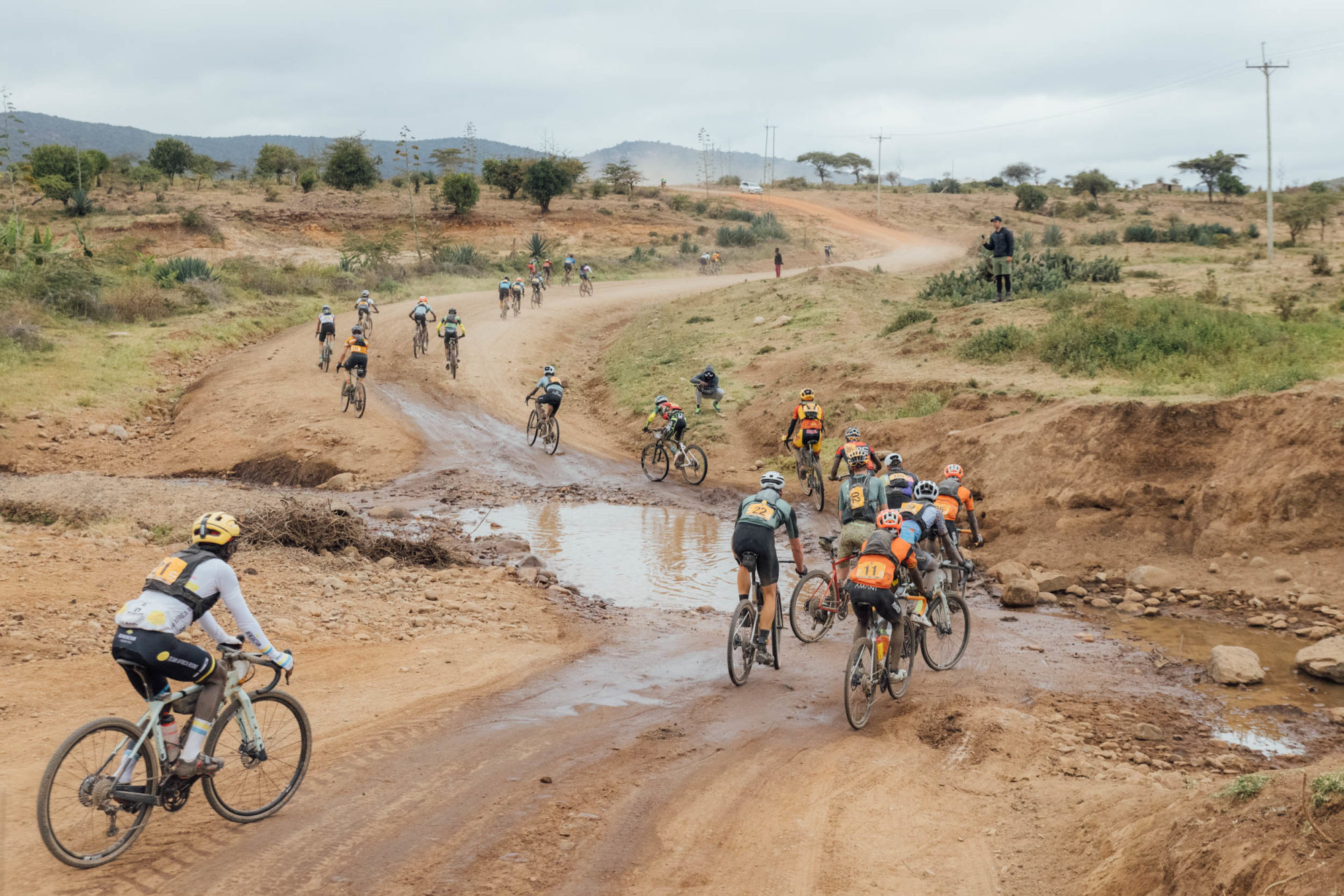
Ian Boswell
Pro Gravel Racer
USA
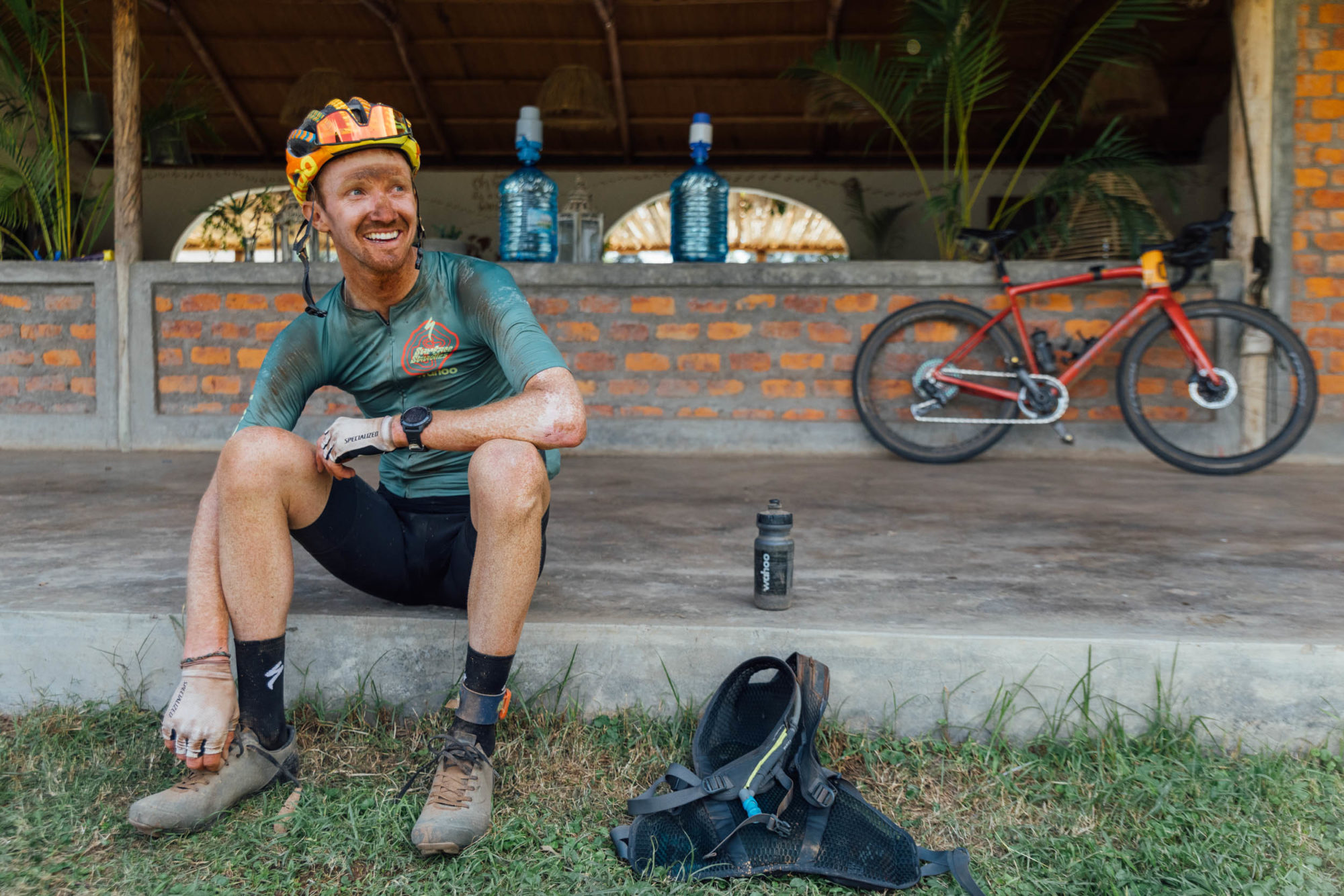
The Migration Gravel Race is by far the most unique bike race I have ever participated in. Every aspect of the race is beautifully different. I feel a lot of excitement around the race and the wider purpose behind it. The fortune to be able to travel to Kenya and the Maasai Mara for a bike race is special enough, yet once on the ground, the location is only one focus point of an amazing four-day race.
From the road surfaces to the food, and of course the people, every sense of your experience is uniquely East African in the best way. With so many new sights, sounds, tastes, and emotions, it can feel surreal at times drawing back to what you are doing and where you are doing it.
My final salute to this great race is the impact that it is having on the East African riders. These inspiring athletes deserve an opportunity to chase their dreams, and their youthful hunger to climb, sprint, attack, and leave it all out there is so incredibly powerful to witness. Together with the Amani organization, we are planning to bring a few of these promising athletes to the United States this summer to compete in some of the bigger gravel races and measure themselves against an international field.
I still enjoy racing my bike, and the Migration Gravel Race connected everything I love: being outdoors, adventure, and community—but the deeper purpose to it all made it truly one of a kind.
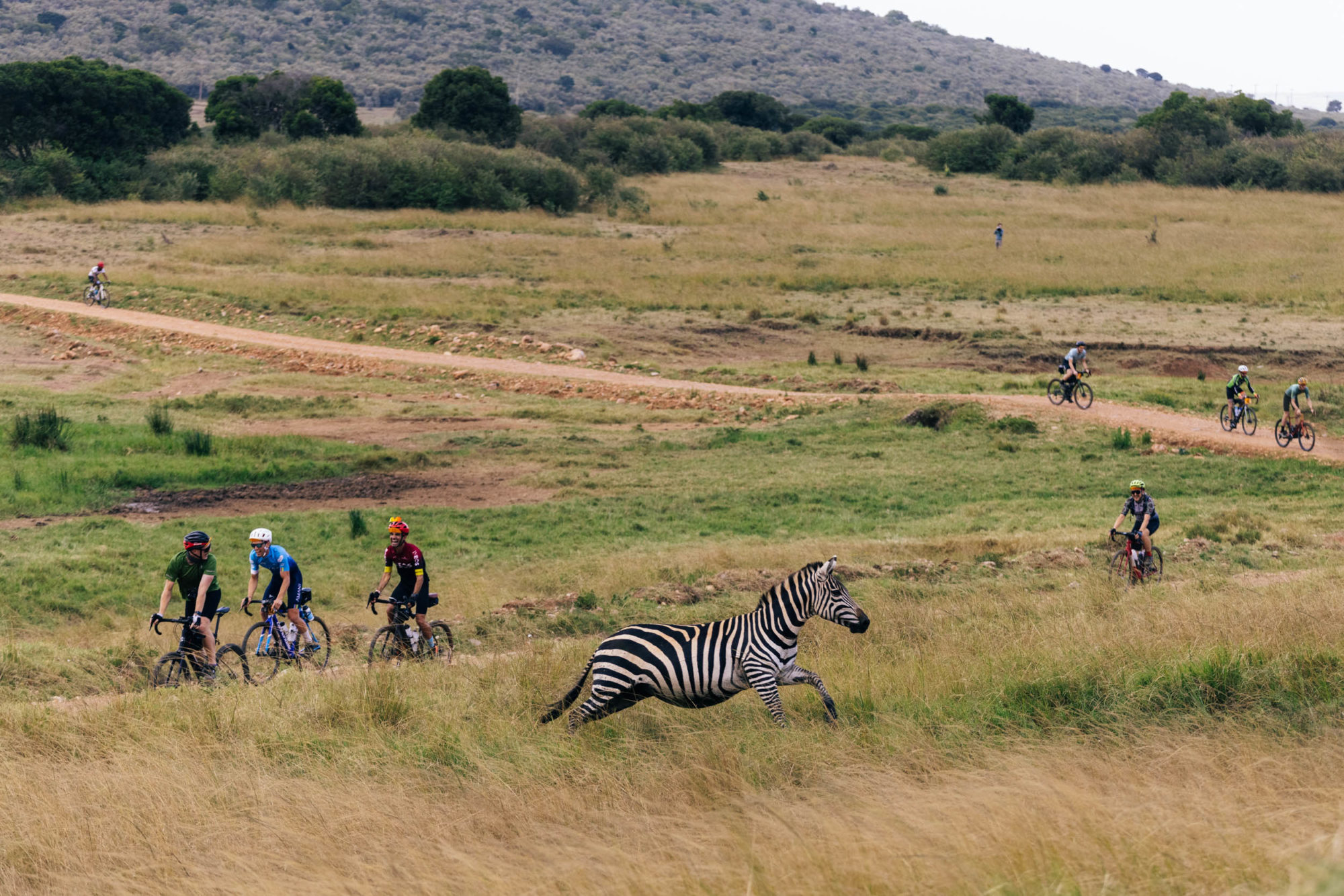
Nancy Akinyi
Pro Cyclist, 1st Women’s GC
Kenya
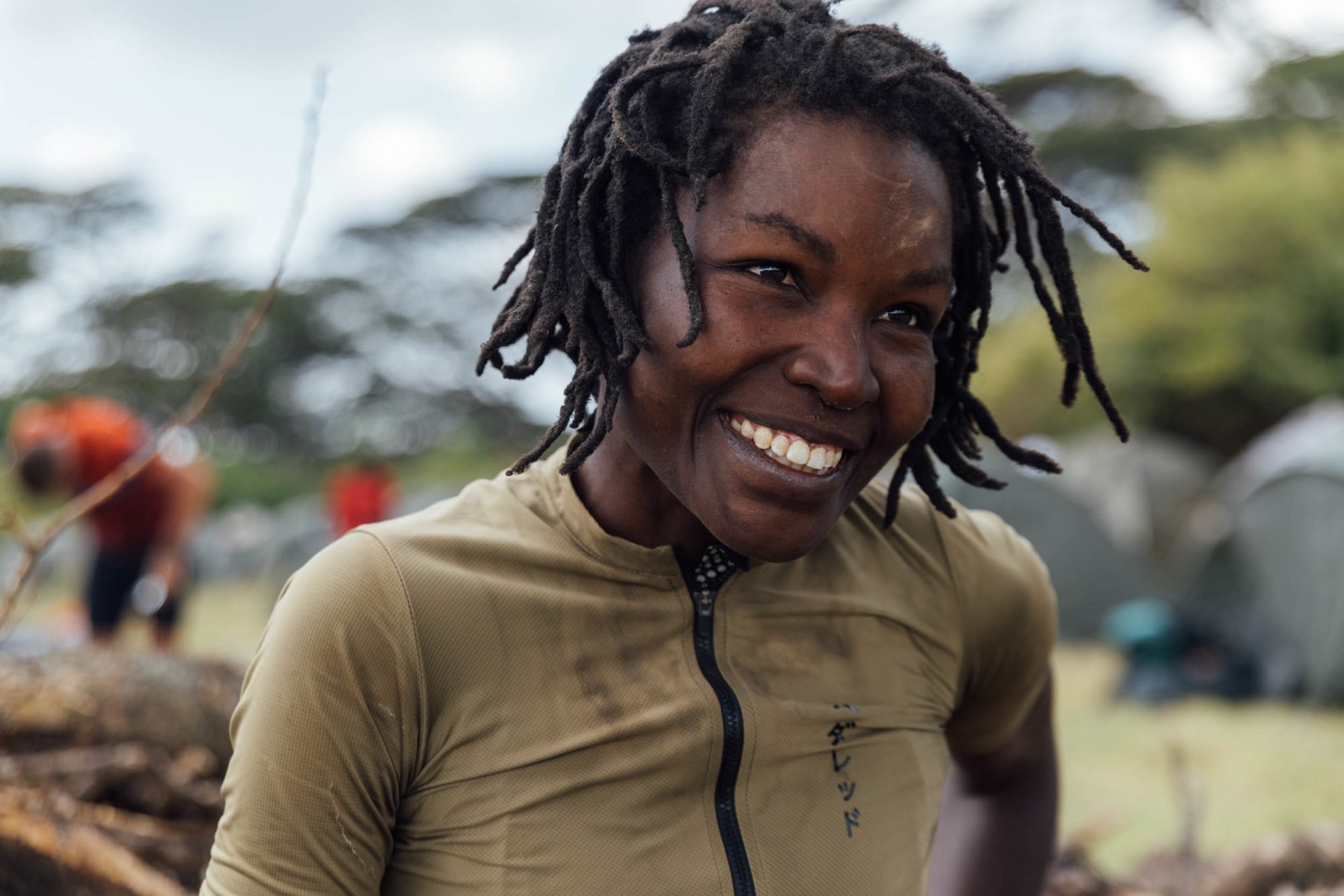
The Migration Gravel Race was important to me for a number of reasons. For one, it was an opportunity to race a gravel bike for the first time, to see how I would feel off-road on a bike that is not a mountain bike. I was happy to end up as the first female. It was tough, though. At the end of Stage 3, I almost quit, although I didn’t tell anyone at the time. My back hurt so much, and I couldn’t even walk or sit. But the thing is, I knew if I gave up, I’d feel bad about it for the rest of the year. But if I gave it my best, I knew I’d feel okay, regardless.
The most special part of the experience was to race with people who aren’t from here, to chat with them, and to see how they feel about racing and being in Kenya. If you tell someone about this race, it doesn’t seem like a big deal. But in my opinion, it’s huge. Through MGR, we get to race locally, but on an international level, and that is so important. Right now, if you can’t race in Europe, you can’t really level up and develop yourself as a cyclist here, and people end up just giving up. I’ve seen it a lot.
When I did the MTB World Championship in 2018, my friend from Botswana said to me, “Do you realize it’s just you, me, and one guy from Lesotho?” I didn’t even notice before she mentioned it, but including the fans and everyone competing, we were the only black people there. It almost felt like we were in the wrong place. There’s obviously still a huge gap to bridge. And as a female cyclist, it’s even harder. There aren’t many women cycling on a competitive level in Kenya. As a young girl, you have no one to look up to. We need a program that is really focused on women. Right now, there is nothing to support women’s cycling in Kenya, and it feels like we are completely on our own.
A race like the MGR makes East Africans believe they can achieve something in cycling. It’s such a mental boost for people to keep training. I think it will grow the cycling scene in Kenya and the rest of East Africa so much.
But it will take some time. As we say in Kenya, pole pole – slowly slowly.
Laurens ten Dam
Pro Gravel Racer, 1st GC
The Netherlands
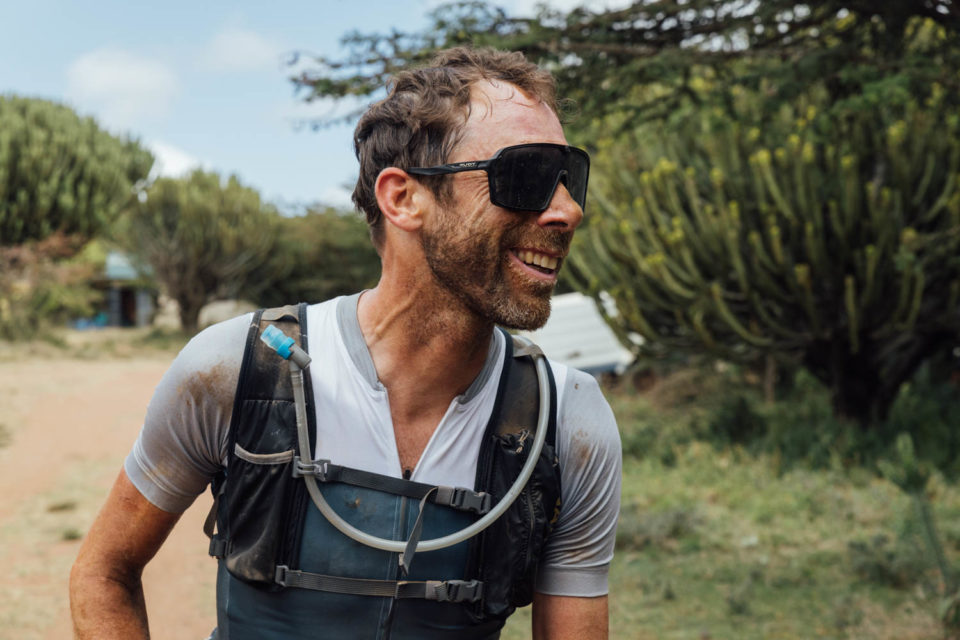
What I remember most vividly about this race are the faces. The excitement on the faces of the kids in the villages we passed through. The fear and astonishment of the boda boda drivers, questioning if this approaching freight train of bikes would give way as their brakes would surely not be sufficient to stop in time. Sule’s face, with determined grit, staying with us on fast ascents. The exhausted faces of participants arriving at the finish line each day, lighting up with a smile after their first sip of a cold beer.
This race is something special. With all these faces came so many different stories. Every single participant coming into camp had their own, usually turning into a 10-minute monologue. Hot topics were multiple flats or mechanicals, tire choice, painful body parts, hunger, thirst, but also the amazing encounters with giraffes, zebras, elephants, and wildebeests.
Apart from these faces and accompanying stories, I cherish the camaraderie in camp. Hours at the campfire, the good food, and even more stories to go with that. It was impressive to see how every day, a new camp for nearly 80 people got set up in the middle of nowhere. It also taught me how comfortable our lives are at home, just turning on the tap or cooking on a stove. It for sure makes you humble again!
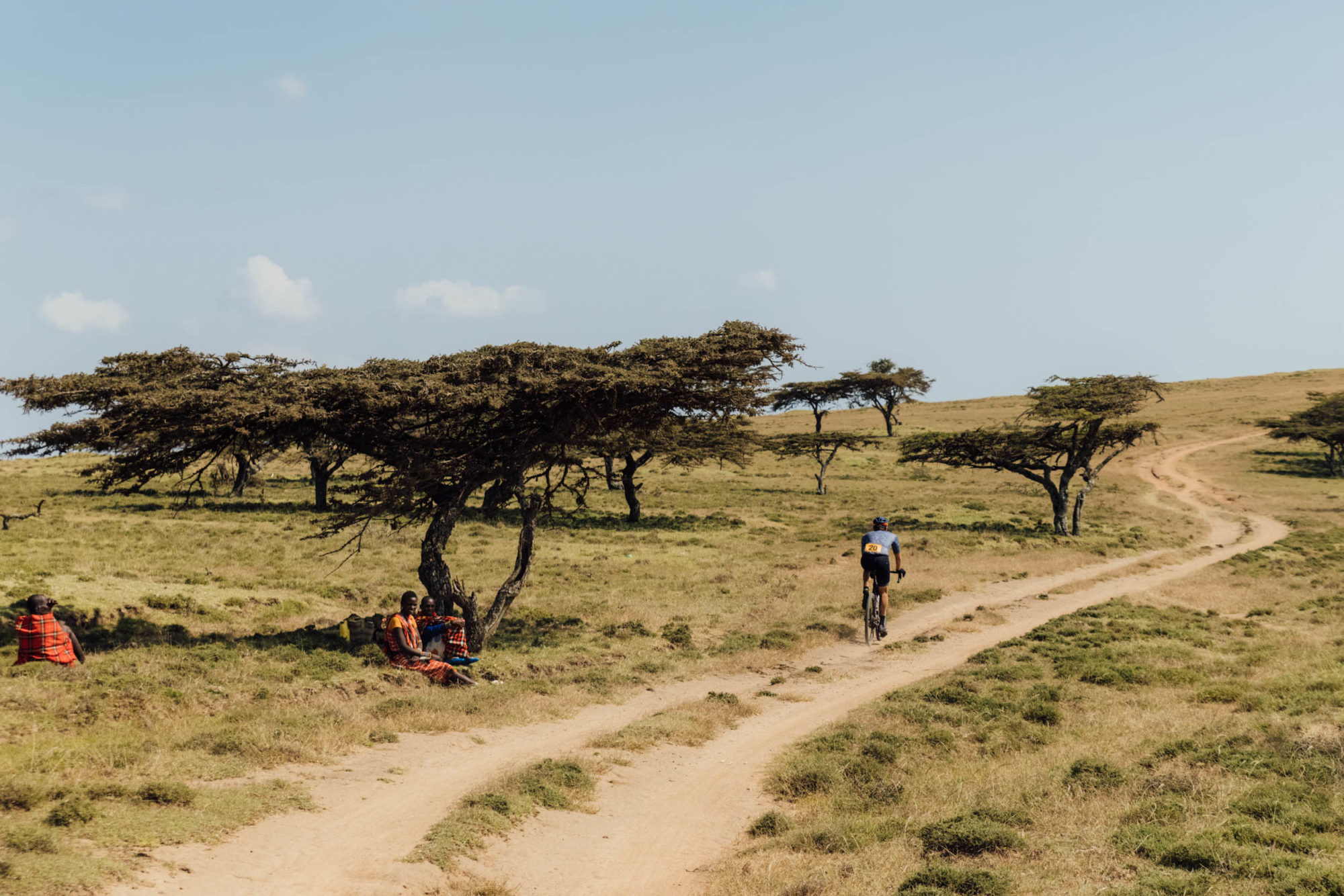
Jordan Schleck Ssekanwagi
4x Ugandan Junior National Champ
Uganda
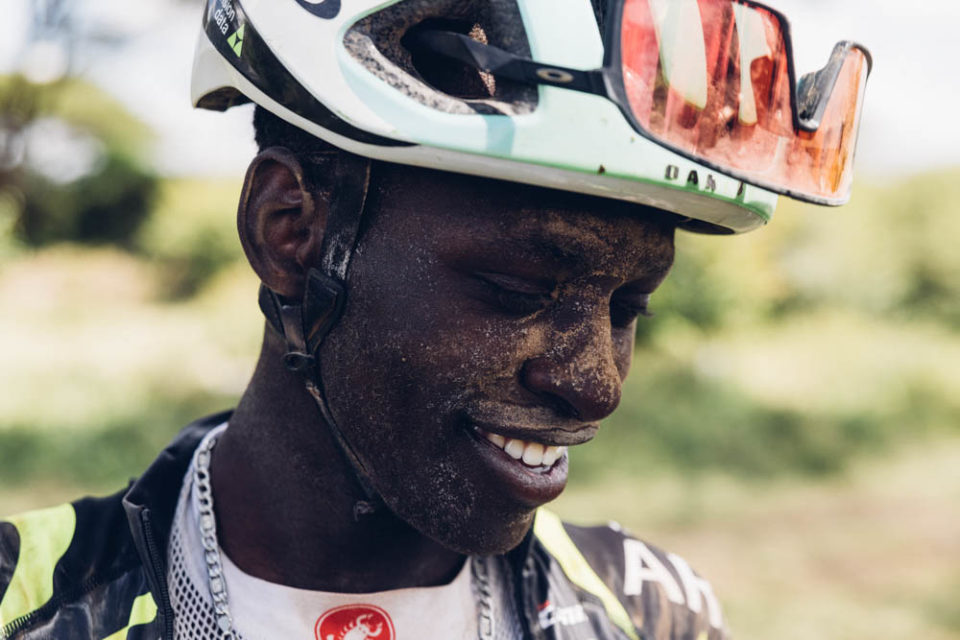
I didn’t come to the race with high expectations. This was my first gravel race and I was riding it on a mountain bike, so I was pretty happy ending up in sixth place overall. I enjoyed it though, and the more you do these kinds of races, the more you learn.
What I found most special was riding with the World Tour guys. The fact that I could at least follow their wheel, on an MTB, gave me a morale boost. It made me realize that if I have a more suitable bike next year and take the lessons I’ve learned, I could do better and maybe even win a stage… or more.
Cycling is not a big national sport in my home country of Uganda. I was lucky enough to grow up with cycling through my dad (David Matovu, former Ugandan champion), who was a friend of David Kinjah (former coach of Chris Froome and currently DS of Safari Simbaz), and I trained with my friends and dad at home from a young age. I now live in Kenya and ride for the Safari Simbaz, but I do go home for national championships.
Part of my ambition is to inspire a younger generation to start cycling because it can change your life.
Not just by becoming a professional cyclist, but also as a way to become financially independent, and grow as a person. You can become a tour guide or a mechanic, it keeps you healthy, you learn to push yourself, and it’s a great means of transport. It offers so many opportunities. There is a Uganda Cycling Association, but it has a lot of political issues surrounding it, and cycling in Uganda is not growing because of that. But we try our best to inspire young, promising riders through social media and the Safari Simbaz Educational Centre.
A race like the MGR has a huge impact. It’s a great opportunity for East African cyclists because most don’t get the chance to achieve their dreams to do big events. This race gave them the ability to show their skills and talent that come from riding MTBs and black mambas when they were young, and it has the potential to inspire a new generation.
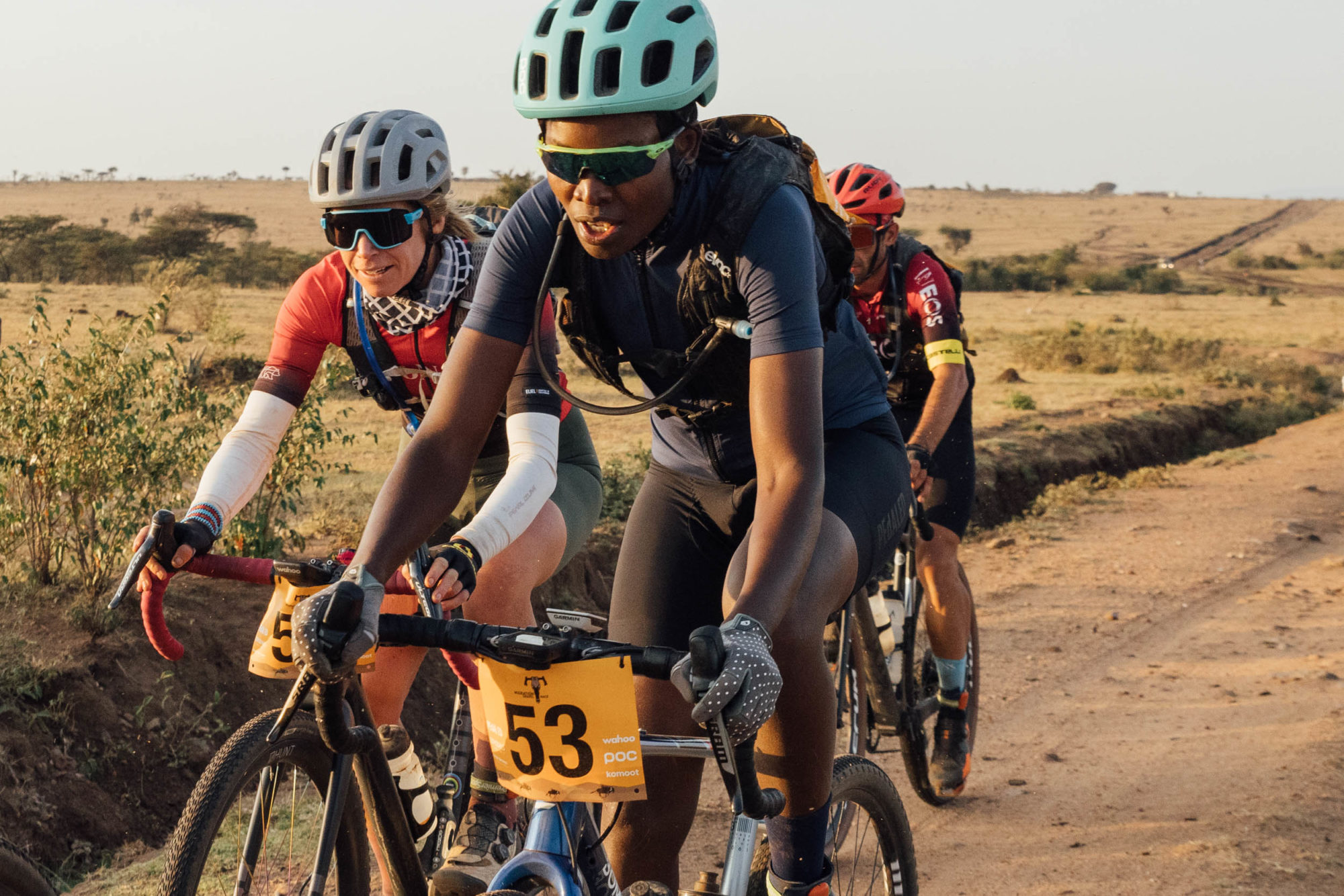
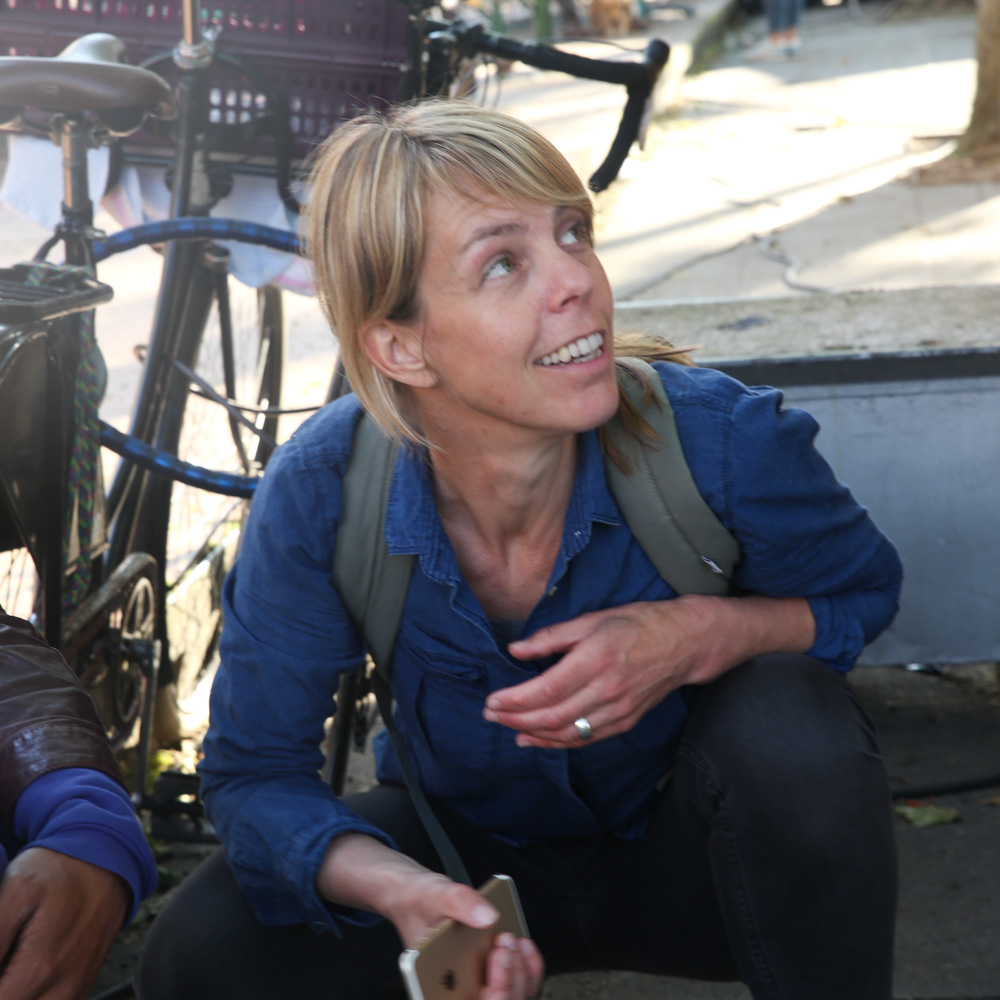
About Lian van Leeuwen
Lian van Leeuwen is a Rotterdam-based photographer and writer. She covers endurance bike races like Silk Road Mountain Race and the Transcontinental Race, which usually make her just want to ride her bike herself. She is also the founder of Shift Cycling Culture, which addresses the environmental impact of cycling. Follow along on Instagram @saltlake_lian and @shiftcyclingculture.
More from Lian Van Leeuwen
Make sure to dig into these articles featuring photography by Lian...
Please keep the conversation civil, constructive, and inclusive, or your comment will be removed.




